Leaderboard
Popular Content
Showing content with the highest reputation since 03/19/24 in Posts
-
.thumb.png.4daa7e8c59da438450aaf48f86059164.png)
Regions of Giovanniland: The Travel Guide
Sekiya and 6 others reacted to Giovanniland for a topic
Introduction For the first part of this Travel Guide, before delving deeper into each of the sixteen regions, we have decided to start with an overview of them. This introduction features a description and some statistics for each region, and the regions are also listed here in the same order they will appear in the guide, starting with the most populous region Giovannia Magna, as mentioned in the preface. (OOC: The images for each region are AI-generated). Giovannia Magna Population: 3,591,220 Area: 13,061 km² Density: 275/km² Capital: Giovannia (pop. 1,563,119) Notable cities: Vinikiana (pop. 240,927), Raffellara (pop. 228,012), Mattenia (pop. 154,225) Giovannia Magna is the heart of the country, its most populous and most densely populated region. The national capital Giovannia lies at the central part of the region, near the confluence of the Keleste River with its tributary, the Terente. An area of more recent population, as the city was built as a planned new capital for the Giovannian Empire, the region stands today as a testament of the nation's development. Giovannia offers a range of historical and cultural attractions such as the old Imperial Palace and the National Museum side by side with very futuristic buildings, and beyond the capital, other cities within its metropolitan area of 3 million inhabitants are also well worth the visit. Giovannia, the national capital. Lavanda Prima Population: 2,877,251 Area: 18,686 km² Density: 154/km² Capital: Uryde (pop. 509,819) Notable cities: Quorivo (pop. 262,144), Dazane (pop. 181,632), Kyene (pop. 150,825) The cradle of the ancient Lavandulan civilization, Lavanda Prima is one of the main travel destinations of Giovanniland. Its capital Uryde was once the capital of the Lavandulan Empire, under its old name of Lavandula, and retains several historical buildings from antiquity, the city of Quorivo is known for the powerful medieval duchy that bears its name and for being one of the two II Summer Esferiad host cities, and more to the south, Kyene is the birthplace of Violetism and a site of pilgrimage featuring the largest Violetist temple in Esferos. Furthermore, Lavanda Prima is also notable for its beautiful and popular beaches on the northern coasts, and for its two famous festivals, the Lavender Festival and Violet Carnival. The historical district of Uryde. Lavanda Sekunda Population: 1,260,934 Area: 22,342 km² Density: 56/km² Capital: Kastellavando (pop. 116,205) Notable cities: Rivomonte (pop. 104,333), Pelkarma (pop. 70,822), Lyogalla (pop. 52,830) Lavanda Sekunda offers the feeling of Lavandulan history and culture just like Lavanda Prima, but also a respite from the multiple large and bustling cities of its northern neighbor. The region name is a historical reference to the fact the Lavandulan civilization first grew near the coastal lowlands to the north, and then expanded southwards during the Lavandulan Empire to the hilly areas that today compose Lavanda Sekunda. Some of its attractions are its beautiful broadleaf forests and multiple Violetist temples throughout the countryside; as well as the area to the south where the contact between the Lavandulan and Abrentan civilizations happened during the Middle Ages, home to the first capital of the Giovannian Empire, Rivomonte. A Violetist temple in the countryside. Verdiante Population: 755,901 Area: 21,968 km² Density: 34/km² Capital: Valsereno (pop. 81,559) Notable cities: Gile (pop. 54,270), Pradobeno (pop. 50,245), Amarena (pop. 39,522) Verdiante is a region known for its natural wonders. It contains a majority of the Ameno River's basin, a significant river that marks the southern section of the border with Blue Bubble, with many beautiful lakes, valleys and waterfalls. The capital Valserene is the starting point of many itineraries that traverse the region, from the western plains to the northern highlands, passing through numerous smaller, charming cities with a calm atmosphere. These itineraries are a notable example of eco-tourism in Giovanniland, showing the region's commitment to preserving its natural beauty. A known landmark of the region is the Abrio Peak, the highest point of Giovaura, near the small town of Urbolina. A view of the Abrio Peak and the forests surrounding it. Primolido Population: 3,141,592 Area: 12,376 km² Density: 254/km² Capital: Porto Violeto (pop. 1,004,153) Notable cities: Annavilla (pop. 305,746), Amorante (pop. 213,504), Kampobello (pop. 147,069) Primolido is Giovanniland's third most populous region, known for its beautiful coasts, rich culture, and very advanced development. The region's name pays homage to being the first lands settled by the Abrentan civilization, which then expanded throughout southwestern Lavender Island and laid the basis for Giovanniland's modern history together with the Lavandulans. The capital Porto Violeto is the nation's most important port and also a hub of tourism, featuring several famous waterfronts and promenades. Other cities such as Annavilla and Amorante are popular for their many beaches and nightlife, while the northern part of the region features some off the beaten path locations and the Isla Abrenta, a major island. Porto Violeto, Giovanniland's second largest city. Akallia Population: 1,599,678 Area: 19,987 km² Density: 80/km² Capital: Salvoregno (pop. 162,087) Notable cities: Lurtone (pop. 120,631), Sonserina (pop. 103,715), Lastrilla (pop. 75,963) Often overlooked, the region of Akallia is not only a gateway between Giovannia Magna and Primolido, but also a very unique travel destination on its own. Settled in the early and middle periods (95 BF-349 AF) of the Abrentan Classical Era, this region offers some of the best preserved castles and villages of that civilization. Its capital and other large cities still show strong traits of the medieval Abrentan architecture and culture to this day, learning to conciliate modern development with their rich history. One can also visit smaller cities where these storied buildings are still nearly intact, the inhabitants offer warm hospitality, and the streets tell tales of a bygone era. The city of Salvoregno and its Great Castle. Spandorto Population: 856,196 Area: 42,001 km² Density: 20/km² Capital: Tommasia (pop. 76,920) Notable cities: Uprino (pop. 64,833), Kornelio (pop. 41,609), Kurrente (pop. 31,728) Similar to the region of Verdiante, Spandorto is also a good destination for those seeking to explore the nature of Lavender Island and enjoy the local culture in some smaller cities. The region features plains to the west, notable for being one of the areas in Giovanniland with the highest amount of farmland, and more mountainous territory to the east, which is sparsely populated. Some notable destinations include the two largest cities Tommasia and Uprino, often the first stops in a trip in this region, the iconic city of Oddolino surrounded by many hills and known for its beautiful buildings, and the famous waterfalls of the Gratioso River, a tourist attraction on the Giovannilandian-Minsunese border. The central district of Oddolino. Abrenosto Population: 3,571,249 Area: 29,550 km² Density: 121/km² Capital: Abrentopole (pop. 425,870) Notable cities: Karlopole (pop. 347,106), Portovini (pop. 134,057), Bayabrenti (133,574) Abrenosto is a region best known for its lively culture, with a name meaning Southern Abrento and alluding to the southern expansion of the Abrentan civilization and foundation of their second capital, Abrentopole, which today continues on as an important city. This city is often called the Giovannilandian Capital of Culture, owing to its famous festivals, art exhibitions and culinary scene. Many traditional meals from Giovanniland originated in this region, such as the world-famous pizza and the many recipes featuring seafood. Other notable destinations include Portovini, aptly named for the vineyards near the city, and Karlopole, a city of more recent settlement which is located near the Minsunese border and offers a distinct blend of cultures. Waterfront and restaurants in Abrentopole. Lido Flavi Population: 2,011,284 Area: 12,870 km² Density: 156/km² Capital: Andoliavilla (pop. 640,816) Notable cities: Flaviopole (pop. 219,422), Giuvenoria (pop. 123,855), Einotta (pop. 108,162) Lido Flavi is home to Giovandolia's capital Andoliavilla, the third largest city and second largest port in Giovanniland, a coastal haven notable for its vibrant nightlife and culture, alongside historical buildings from the time of Giovannian Empire and large museums. Also notable is Flaviopole, founded on the site that the expedition to Andolia by the general Flaviopole first landed, and other coastal cities like Giuvenoria and Delliaro. Lido Flavi is also home to the Irto River's delta and several different biomes, such as moist and dry broadleaf forests, as well as arid and semiarid shrublands, a nice combination for eco-tourism. Andoliavilla, Giovanniland's third largest city. Feragia Population: 2,402,339 Area: 23,586 km² Density: 102/km² Capital: Nenofre (pop. 237,690) Notable cities: Urbevittori (pop. 128,165), Kantemo (pop. 101,472), Novo Uryde (pop. 88,125) To the south of Lido Flavio lies the region of Feragia, the most populous of Giovandolia, with its vast plains and shrublands. The capital Nenofre is located on the plains crossed by the Irto River, being one of the many settlements dating back to the ancient Beremean civilization that flourish until today, while others. The region's mostly plain territory and fertile lands are perfect for agriculture, while tourism is also significant due to the many ancient ruins. There are also cities that have a strong Lavandulan influence, such as Novo Uryde and Vallespi, with many Violetist temples. Landscape in Feragia, featuring ruins of an ancient city. Terra Violeta Population: 1,138,762 Area: 18,703 km² Density: 61/km² Capital: Villaflori (pop. 145,603) Notable cities: Antoniopole (pop. 62,921), Bevimo (pop. 51,470), Urbeleoni (pop. 44,314) Terra Violeta is a land of many valleys and mountains located to the south of Feragia, known for its beautiful savannas and grasslands. Villaflori, the City of Flowers, is Terra Violeta's capital and fits its name well, featuring large gardens alongside its modern buildings that are worth the visit. The capital and other major cities are mostly located on the lowlands of the Irto River and its tributaries, while the highlands have smaller settlements and breathtaking views. There are several itineraries that explore the rural lands of Terra Violeta, with the aforementioned valleys and mountains. The largest garden in Villaflori. Altana Population: 1,652,036 Area: 13,518 km² Density: 122/km² Capital: Islamagna (pop. 321,874) Notable cities: Bayabella (pop. 170,236), Potestana (pop. 111,382), Nova Annavilla (pop. 105,190) Altana, nicknamed the Land of Eternal Coasts, is the second most densely populated region in Giovandolia and also the northernmost, when considering the Islas dell'Annovo province. In the coastline of Altana, golden sands stretch as far as the eye can see, and some of the most famous beaches in the entire country can be found here. The capital Islamagna is located on the archipelago and developed from a medieval fort called Forte Giovanni, one of the earliest conquered areas by the Giovannian Empire outside Lavender Island, therefore it has plenty of historical places to visit. Other interesting destinations are on the mainland, like the popular coastal cities Bayabella and Potestana, as well as Oddabrio (Altan-qota), the historical capital of the Ardala Khanate. The coast of Islamagna. Doruna Population: 1,055,820 Area: 12,856 km² Density: 82/km² Capital: Markellia (pop. 119,456) Notable cities: Sekundia (pop. 87,635), Granfoge (pop. 62,910), Murengo (pop. 52,162) Doruna, meaning the Eastern Region, features many valleys and mountains and has a similar vegetation to Terra Violeta. The capital Markellia is a picturesque town surrounded by vineyards and orchards, offering a taste of the region's agricultural richness, while Tenge is notable for its seaside resorts, both located on the more densely populated northern part of the region. Meanwhile, the southern cities of Kadivale and Urruma offer a gateway to the mountainous and sparsely populated lands of south Vallivante, where many explorers partake in travels towards the upper reaches of the Irto River. The landscape around the city of Murengo. Oltoveno Population: 903,482 Area: 21,561 km² Density: 42/km² Capital: Gallasera (pop. 60,781) Notable cities: Ettore (pop. 52,410), Andona (pop. 42,345), Giakinia (pop. 41,859) Oltoveno is located on the central lands of Giovandolia and offers diverse landscapes. In the north, cities such as Andona and Quirino are good starting points for itineraries to explore the valleys of the Mellito River and the Altandobbo Mountains located on its northern border. The capital Gallasera and the city of Giakinia are known for their lively culture and nightlife, while in the south, the city of Ettore is the gateway for the southern regions of Kordelleria and Vallemuni. The capital Gallasera and the Irto River. Vallemuni Population: 1,748,631 Area: 28,009 km² Density: 62/km² Capital: Gioseppole (pop. 161,914) Notable cities: Daurone (pop. 115,477), Purpurana (pop. 100,336), Amorio (pop. 63,209) Vallemuni is known both for its artistic prowess and scenic nature. The capital Gioseppole is known for its grand theaters, art galleries, and street performances, as well as the Gioseppole Arts Festival, the largest in southern Giovandolia. Other cities such as Amorio and Daurone feature interesting architecture on the riverbanks of the Emuno, while the southern areas (the extreme south of Giovanniland overall) are known for eco-tourism and natural reserves. There are many options of trails and safaris for the tourists seeking to uncover the vast diversity of the grasslands and savannas, while being mindful about protecting the environment. The city of Gioseppole during one of its Arts Festivals. Kordelleria Population: 738,765 Area: 84,020 km² Density: 9/km² Capital: L'Apertura (pop. 49,512) Notable cities: Monteventi (pop. 30,190), Pando (pop. 22,246), Larone (pop. 19,121) Last but not least, Kordelleria is the largest and also most sparsely populated region of Giovanniland, dominated by the majestic peaks and tranquil valleys of the Giovandolian Mountains, and home to coniferous forests not found anywhere else in the country. The capital L'Apertura is located in the main mountain pass that connects the lands north and south of the mountains. It's also a common starting point on tours to explore the vast mountainous region, while the small villages throughout the way are serene and idyllic places to stop by between the large hiking trails of an itinerary. If one is daring enough, an unique experience is to visit the Violeta Peak, the highest point of Giovanniland. The Violet Peak during winter.7 points -
.thumb.png.4daa7e8c59da438450aaf48f86059164.png)
Regions of Giovanniland: The Travel Guide
Sekiya and 5 others reacted to Giovanniland for a topic
Maps These maps serve as a helpful addition to the introduction, providing an useful visual overview of the country. The three maps included are a map featuring each of the seven hundred municipalities (both urban and rural), another map for the sixteen regions, and lastly a view of the major cities, all the urban municipalities in Giovanniland with more than 100,000 population. Municipalities Regions Major Cities6 points -
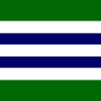
3E: Esferos Economic Expo 1424
Candeluian Minister and 5 others reacted to Sekiya for a topic
YGHC (Sekiya Trains) Industry: Transportation/Construction Country: Sekiya Yongguo Huoche is a state-owned enterprise that constructs highspeed rail infrastructure in Sekiya. The company was founded in 1380 and originally dealt with freight rail projects, however, was chosen to specialise in pioneering Sekiyan Highspeed Rail in 1401. Since then, YGHC has grown exponentially, as the demand for quick and efficient public transport in Sekiya has grown. YGHC primarily deals with the laying of rails, as well as the terraforming for such projects, including blasting canyons and digging tunnels. Recently, the YGHC has been involved in plans to construct highspeed rail in Sekiya's neighbours, however the project currently is still in the planning phase.6 points -

Liga di Fiutbol "A" | The Ryxtylopian Soccer/Football League
Nouveau and 4 others reacted to Federation of Inner Ryxtylopia for a topic
Twenty-Second Match day of the Ryxtylopian League 0-1 Lardo Armatez 73' 1-0 Julio Carreveiza 84' 3-0 Terado Armandí 30' Marco Hiritapa 64' Marco Tixalva 82' 1-2 Emailio Tundas 57' Rauíl Disquerravia 45' + 74' 1-1 Franco Viranpá 77' Theo Isdriva 54' 0-2 Andreís Dixilfane 61' + 79' 1-0 Andreís Diraberua 72' 2-1 Ernysto Disquivarria 50' + 81' Marco Diarvuna 74' 2-2 Enrique Rafaela 46' + 79' Pablo Arvaléz 68' Emailio Taracana 90' 3-0 Inzé Fransquixa 54' Julio Indrava 69' + 75' 2-1 Ezicaiel Xiviscarra 67' + 80' Marco Dipartí 57' Pos. Team. Pld. W D L GF. GA. GD. Pts. 1 Libre 22 19 3 0 58 18 40 60 2 Mytapixas 22 19 1 2 58 17 41 58 3 Rio Priava 22 18 4 0 54 16 38 58 4 Isportivo Ryxenia 22 17 4 1 48 18 30 55 5 Bixas 22 16 3 3 44 18 26 51 6 Raquivas 22 13 6 3 43 23 20 45 7 Tsalapaní 22 12 5 5 31 21 10 41 8 Myvas 22 12 3 7 31 23 8 39 9 Unydo di Vynitiná 22 9 8 5 32 26 6 35 10 Pinichaca 22 9 6 7 26 24 2 33 11 Obriros 22 8 6 8 20 20 0 30 12 U. di Ryxenia 22 8 5 9 25 25 0 29 13 Qixas 22 6 6 10 20 28 -8 24 14 U. di Saxatí 22 6 5 11 23 32 -9 23 15 Cintral Liipica 22 5 4 13 11 27 -16 19 16 San Liarvas 22 5 3 14 18 35 -17 18 17 Ystiandes 21 3 4 14 13 29 -16 13 18 Unydo di Carraizal 22 3 3 16 13 43 -30 12 19 Pinilaca 22 3 2 17 9 41 -32 11 20 Tirilpense 22 2 4 16 12 45 -33 10 21 Garravas 22 0 8 14 7 29 -22 8 22 Ryxtylopiana 21 1 1 19 8 46 -38 45 points -
Part 1: Land Ahead A teenage officer stretched his body out over the rail to gaze at the far away strip of green on the horizon. The sun is high in the sky, and the water is calm. “Alert the captain,” he said, “Land dead ahead.” Marines and spare men came to the deck to see the green strip on the horizon. None of them could have conceived of what would take place in this place that would later be known as Nouveauterra. Captain Markus Fredsbringer and his fleet of 20 armed merchant vessels make landfall on the shores of Testa Viridus, so named because the land looked like a green tortoise shell in the distance, in the year 890 AF. Fredsbringer is a captain of the Markan Seas Trade Company, following orders from Emperor Ignavus of the Principality of Saint Mark, to establish a statio on this coast. Although the intentions of the mission are peaceful, the merchant vessels are laden with cannon and arms in case privateers or pirates attempt an attack on their formation. Captain Fredsbringer and his crew make landfall on the Southern Belt, at a point with dense and hardy monsoon-tested forest. They quickly establish a statio using the lumber from the nearby forest, and send back ships for supplies as well as to inform the MSTC of their success. Local people soon flock to see the sun-burned sailors in their guns and armor. Close behind them was a man in stately attire. Billowing white pants and a white shirt embellished with colored patterns, as well as tightly wrapped leather boots. The stately man’s name is recorded as Bertus of Nederwald, and after many conversations with Captain Fredsbringer, they establish a trading relationship with the people of that area, called Blauflocke. As the two converse more, Captain Fredsbinger discovers that Blauflocke is only one of many small fiefdoms in this southern coastal area. The fiefdoms spawned from the density of the forest, and the natural choke-points created by the environment. It also means said trade deal only applies to Blauflocke. Emperor Ignavus is pleased when news reaches the Principality with tales of success. He sends more vessels, and commissions scribes and learned men to go as well in order to record the culture. A recovered map of the area from 917 AF, commissioned by Emperor Ignavus and certified by Claudius Anguis, Chief of Operations in the Markan Seas Trade Company The Principality of Saint Mark gathered enough influence and local manpower to reform the first statio in a place they call Traiectus in 902 AF. It is for the most part a fortress with a small clustering of buildings nearby, but it will grow into a vibrant city of Gué in the far future. It will stand as a marker for the kind of influence Saint Mark will have on the region. Guns, and armor. A second expedition is sent out, and lands further north than the first group. They similarly have an easy time establishing good relations with the locals, and quickly aid them in founding the statio of Montes Magnos in 915 AF, which would later be known as Pointe-d’Espoir. These two outposts work as crucial logistical and military nodes for the Saint Markan empire, and will be the linchpin for future expansion.5 points
-

Liga di Fiutbol "A" | The Ryxtylopian Soccer/Football League
Zoran and 4 others reacted to Federation of Inner Ryxtylopia for a topic
Twenty-First Match day of the Ryxtylopian League 0-1 Marco Tixalva 65' 1-1 Diaxve Barravez 83' Pablo Carraizé 76' 2-0 Andreís Dixilfane 48' + 77' 2-1 Rauíl Disquiverria 63' Enrico Disvixa 85' Marco Liandres 79' 3-2 Marco Indrivanda 41' + 79' Randé Tsilvana 55' Ezicaiel Barvas 50' Andreís Diraberua 70' Marco Indrivanda 88' 2-0 Marco Viraxa 54' + 82' 2-0 Andreís Viriaxa 39' Marco Diarvuna 74' Enrique Rafaela 73' 2-3 Pablo Arvaléz 53' + 74' Julio Indrava 45' + 80' Inzé Fransquixa 67' 0-2 Ezicaiel Xiviscarra 54' + 80' 1-1 Marco Dipartí 65' Ernysto Raivinas 84' 1-4 Rauíl Armatez 90+1' Terado Irrasvasquia 27' + 76' Andreís Richava 54' + 68' Pos. Team. Pld. W D L GF. GA. GD. Pts. 1 Libre 21 19 2 0 57 17 40 59 2 Mytapixas 21 18 1 2 56 17 39 55 3 Rio Priava 21 17 4 0 51 16 35 55 4 Isportivo Ryxenia 21 16 4 1 46 17 29 52 5 Bixas 21 15 3 3 43 18 25 48 6 Raquivas 21 12 6 3 41 22 19 42 7 Myvas 21 12 3 6 31 22 9 39 8 Tsalapaní 21 11 5 5 30 21 9 38 9 Unydo di Vynitiná 21 8 8 5 29 26 3 32 10 Pinichaca 21 9 5 7 24 22 2 32 11 Obriros 21 8 6 7 19 18 1 30 12 U. di Ryxenia 21 8 4 9 24 24 0 28 13 Qixas 21 6 6 9 19 26 -7 24 14 U. di Saxatí 21 6 5 10 23 30 -7 23 15 Cintral Liipica 21 5 4 12 11 26 -15 19 16 San Liarvas 21 5 2 14 16 33 -17 17 17 Ystiandes 20 3 4 13 13 28 -15 13 18 Unydo di Carraizal 21 3 3 15 12 41 -29 12 19 Pinilaca 21 3 2 16 9 38 -29 11 20 Garravas 21 0 8 13 7 26 -19 8 21 Tirilpense 21 1 4 16 10 44 -34 7 22 Ryxtylopiana 20 0 1 19 7 46 -39 15 points -
OOC: Thanks to everybody who showed up for this event❤️ It was a lot of fun planning and executing the event, as well as seeing what everybody had to offer in terms of companies for their own countries. All these companies give life to the RP world and I hope to see a few of them reappear in other stories of the RP. ---Cheers🍻 Jorf @Nouveau5 points
-
Have you wanted to post in this event but couldn’t? Do you feel like you could add one or two more companies to your nation’s roster? Now’s your chance to make it real, with After Hours! After Hours will run from today 4/6, to next week, 4/13, 7AM EST. You’ll get to post whatever company you want, however there are two rules: You can’t exceed the company showing limit, so only one company per industry. This includes people who’ve posted for the main event already. You have to label which day the company would have appeared. Here's the original calendar from the main event. Here’s a format to make things standard: [Company Logo] [Name] [trade name or name used in advertising] Industry: [insert industry here], [the day it would best fit in*] *Either April 1, April 2, April 3, April 4, or April 5 [Country of Origin] [Description] Description word count should be between 100 and 350 words (to reduce clutter). Add any pictures and logos you feel would show the company best. If the company was previously featured in an RP event, or a news event, feel free to link it in the post. Community-wide posting rules apply. Good luck and have fun guys. The main event had a great showing, so I’m excited to see what people think up for After Hours.5 points
-
.thumb.png.4daa7e8c59da438450aaf48f86059164.png)
3E: Esferos Economic Expo 1424
Ventel and 4 others reacted to Giovanniland for a topic
Ekoprodutti Industry: Alternative Resources Country of Origin: Giovanniland Description: Ekoprodutti is one of the major producers of environmentally friendly products in Giovanniland. The company was founded in 1330 in the capital Giovannia, during an era in Giovannilandian political history where left-wing and green parties rose in prominence due to increasing concerns about the negative effects of industrialization, and how to overcome them while maintaining development. Due to extensive environmental legislation and subsidies when these parties have led the government, the nation became one of the leading powers in Esferos for environmentally friendly economic development, and still is today, with Ekoprodutti at the forefront. Nowadays, scientifical advancement in Giovanniland and the world allows for a wider than ever range of opportunities to continue bringing together environmental protection and national development. The environmental policies of the 14th century have paid off, and green products are ubiquitous for Giovanniland's customers—so Ekoprodutti is looking forward to display a variety of them in the Esferos Economic Expo, with the goal of expanding its international markets. The company offers both its own green products, for example clothing, furniture and utensils, while also helping other companies adopt environmentally friendly practices, most notably packaging and waste reuse. In many cases, for example plant or fungi-based alternatives, Ekoprodutti works together with local organic farmers and producers so their waste can be used for a good purpose while healthy food is also produced.5 points -
.thumb.png.4daa7e8c59da438450aaf48f86059164.png)
3E: Esferos Economic Expo 1424
Candeluian Minister and 4 others reacted to Giovanniland for a topic
Benaventura Corporation (Giovannese: Korporatio Benaventura) Industry: Infrastructure Country of Origin: Giovanniland Description: Benaventura Corporation is a company that grew out of a local family business to become one of the largest infrastructure companies in Giovanniland and beyond. In 1233, during the industrialization of Giovanniland, Porto Violeto businessman Terentio Benaventura founded the company that initially offered local construction and infrastructure services. Over time, his descendants would then improve the corporation's reach to a nationwide and soon international status, participating in large projects and even being hired for governmental projects. The current CEO is Erasmo Benaventura, who has continued the company's good fortunes and also successfully acted on his father Klaudio's desire to branch out to other areas of the economy, though infrastructure remains the corporation's flagship action. Some of the company's largest national projects to date include a full-fledged renovation of Porto Violeto's Neurino International Airport, the building of several powerful hydroelectric dams in the large Irto River to improve energy generation in Giovandolia, the pivotal role in completing the 14th century state highway and railway projects to connect every settlement with more than 1,000 inhabitants, and most recently the construction of Porto Violeto's new tallest building, the Prosperita Abria tower. The company has also acted in other high-profile infrastructure projects in Aura, Andolia and other continents. The Prosperita Abria tower (center) in Porto Violeto. (OOC: The Benaventura Corporation has formerly appeared in the II Summer Esferiad roleplay thread, where it aided in building or revamping a few venues and also attained official sponsor status, and Erasmo is seen in a discussion with two other companies' CEOs).5 points -
Speaker Series Day 1 Automation and Logistics Moderator: Alan Villers, Chair of the Committee of the Expositioners Key Points “The robots are here to stay,” said Alan Villers. He started the night listing many industries where semi-autonomous machines are already operating: “Vehicle manufacturing, food delivery, customer service, even some search and rescue. Industry leaders and entrepreneurs have found innovative ways to integrate autonomous machines into the business cycle. Now we have to contend with what automation will mean for the backbone of the economy, logistics.” “Logistics can be broad, and that is what is making it such a touchstone for people,” said Carla Montecarlo, a researcher from Fuentana. “This means longshoremen unloading and loading cargo ships, people who drive and drop packages off at your doorstep, warehouse stockers. There are millions of jobs in this industry which may be massively affected by implementing autonomous machines.” “There’s incredible opportunity for increased efficiency,” said Shigeru Mite, an entrepreneur from Min-su. “Some of the most dangerous logistical work can be handled by machines, who can be more easily repaired or replaced. And jobs that would seriously hurt workers overtime, like small item sorting causing tennis elbow, can be made safer with a semi-autonomous machine supervised by a human. Just from the number of truckers who lose their lives to tiredness while on the road should show what good we can do.” “That does come with some drawbacks right?” said Bruce Hastings, a podcaster and labor author from Hertfordshire and Jammbo. “These are millions of people who might be pushed by industry to reach machine-like efficiency. Other people have tried that before with serious negative health consequences. If workers are replaced outright, that’s millions of workers whose economies will have to either absorb them, subsidize them in some way, or allow them to fall by the wayside. “Although it’s hard to come to one concrete answer, I can say this,” said Alan Villers. “Many industries have had automation in some fashion or another, and for the most part they’ve been better for it, ever since the letter sorter machines of the 1330s. If mankind has been able to integrate machines with good overall results before, then there’s a chance lightning can hit the same place again.”5 points
-
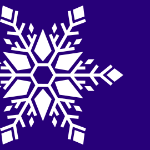
3E: Esferos Economic Expo 1424
Candeluian Minister and 4 others reacted to Thane of Kovdor for a topic
Industry: deConstruction Country: Lzecov Islands Are you ready... for the FASTEST and CHEAPEST demolition in your life? Since 1399, we at "BOMBA.NET Demolition Experts" Public Limited (formerly "Dhadha Bombardier Joint-Stock Company") never fool around with any boring and useless "decontstruction with preservation of re-usable parts". Have you ever used a used bricks or concrete panels? If you ever did, you'd probably never even need a demolition company as your building would "deconstruct" itself just fine. We are coming in like a wrecking ball with DYNAMITE and SEASONAL DISCOUNTS making your lot empty as fast and cheap as you can even find on the market. We utilize the first-class equipment, lots of EXPLOSIVES and even a REVOLUTIONARY INNOVATIONAL AI-DEMOLITION PLANNER that calculates the most efficient* way to break any building apart. BOMBA.NET: COOL GUYS DON'T LOOK AT EXPLOSIONS** * — compared to company engineers according to experimental tests ** — the slogan does not represent the actual process of demolition utilized by the company and only express an overall notion of leadership and boldness encouraged among its employees5 points -
莱闵汽车集团 (莱闵) Laimin Automotive Group (Laimin) Vehicle Manufacturer, Peourouin Marketing its first production automobile, the Laimin 598, in 1318, its success in mass producing a car built completely on Peourouna soil gained international notice. Closer to today, Laimin is and has always been innovating in the realms of new technologies in power and user experience, but also in safety. Even before regulated lap and shoulder fasteners (seatbelts) were mandatory in new vehicles sold, the Laimin Ensemble van was one of the first adopters that not only secured front occupants, but also its rear second and third row passengers. 1379 and 1424 are almost as far apart as cars can be in the modern age, but the DNA of Laimin’s engineers through multiple generations is still alive and more excited than ever with the next generation of vehicles as the company looks forward.5 points
-
老昆全国后勤和快递公司 (老昆后勤快递) Lao Kun National Logistics and Delivery Company (Lao Kun Express) Logistics, Peourouin Since its founding in 1359, Lao Kun Express has been reliably managing the backbones of many industries and has made the delivery of millions of packages worldwide. Headquartered in Ihapol, Peourouin’s main port of entry, it has been the main provider of the infrastructural powerhouse that is required of the industries that operate out of Ihapol and have made it a prime contender for international expansion into other nations. In addition, as online ordering has created a need for delivery service, Lao Kun has not only been the company people trust with their post but has been consistently reliable and takes customers’ opinions to the board rooms. If you need ‘em delivered, choose Lao Kun. Trusted since 1359.5 points
-

3E: Esferos Economic Expo 1424
Zoran and 4 others reacted to Federation of Inner Ryxtylopia for a topic
Ivaxia Group Industry: Construction Country of Origin: Ryxtylopia Description: The Ivaxia Group, is the largest construction company in Ryxtylopia, based in Ivaxia, Ryxenia in the nation's capital, its known for mainly within Ryxtylopia however the company has started to make moves to expand internationally. It was founded in 1289 by Marco Disvelxa Indiravida, during Ryxtylopia's period of industrialization, the company played a large role in the urbanization of Ryxenia, and is still involved in several private and public construction iniciatives. Currently under the management of CEO; Julio Virrandé Disquiverría the company is enjoying steady growth, mainly in part due to the cheap labor costs it enjoys from operating in Ryxtylopia, as well as this the company has cooperated in several construction iniciatives made by the Ryxtylopian government, and enjoys several tax cuts granted by the government (however its important to note that the motives for some of theese tax cuts have been unclear, and the company has ocationally been accused of taking part in bribes and corruption). Its main operations are concentrated in Ryxtylopia's largest cities, mainly Ryxenia, Vynitiná, Tilipaca, etc. And the current vision of CEO; Julio Virrandé is to increase employee training and efficiency, whilst making efforts to retain the low cost of operations that has made the company successful in the first place, with the hopes that the cheap-operation costs will allow the company to keep expanding and making proffits. [OOC Note]: Big thanks to @Thane of Kovdor for helping me with the logo for the company.5 points -
Hello and welcome to the first day of the Esferos Economic Expo, 1424! My name is Alan Villers, Chair of the Committee of the Expositioners, and I’m glad all of you could join us. Day 1 of the exposition will feature transportation companies, vehicle manufacturers, infrastructure companies, construction companies, and logistics companies. Tonight will also feature a panel discussion on automation, and how it will affect the logistical networks of the world.5 points
-

Sekiya - News
Giovanniland and 3 others reacted to Sekiya for a topic
Log In 21:09 懿月三蓝周 End of the 1424 Yìyuè festival season Today marks the last day of the 1424 Yìyuè celebrations across Sekiya and other starist-aligned nations. For those of you living under a rock, the Yìyuè festival spans the second week of Sekiya's 11th month, Yìyuè. The festival celebrates the supposed birth of Kang, the founder of the starist church. Kang was born on Hǔzhōu, and this is the day that the majority of celebrations take place. This day, second only to the Sekiyan New Year, is the day in which the most fireworks are set off on any day in Sekiya! This year set a new record, with a 48 minute long fireworks display in Xingyuan, the longest ever in Sekiya. The week is considered Sekiya's national holiday. During the week, all schools are closed, and many businesses and shops are closed or open for half a day. Due to this, several other events have been tied into the week. As Yìyuè is also the month dedicated to the diety of Justice, Sekiya's shrines and temples are packed throughout the entire week, as tens of millions across the country seek to improve their standings with the gods, to ensure good dreams throughout Mèngyuè, next month. In this article, we will be covering the traditional week of the Yìyuè Festival. A note for our non-Sekiyan readers: The Sekiyan calendar is very different to the Markan Calendar! Instead of 12 months of varying lengths, the Sekiyan Calendar has 13 months, each with 30 days spread across 4 weeks, except for the 7th month, Yángyuè, which has an extra day as a national holiday on the Sekiyan solstice! The Sekiyan days of the week are Fěnzhōu, Gànzhōu, Lánzhōu, Cuìzhōu, Huángzhōu, Hǔzhōu and Chìzhōu, with Fěnzhōu and Gànzhōu being the two days of the week considered as the 'weekend'. In Sekiya, dates aren't typically written as the number of a month (I.e '20th Yiyue'), instead dates are written as the week and the day (I.e '2 Fěnzhōu' - aka 'Week 2, Fěnzhōu'). 2 Fěnzhōu (7 Apr) & 2 Gànzhōu (8 Apr) Whilst the fesitval hasn't officially started yet, typically people spend these days with their families and preparing stalls and food for the upcoming week. 2 Lánzhōu (9 Apr) 2 Lánzhōu is considered the first day of festivities, and is the day that most festival stalls will open. The majority of all towns and cities will have a 'festival area', with food stalls, gift stalls, outdoor games, and other recreation. 2 Cuìzhōu (10 Apr) On 2 Cuìzhōu, the festivities from the previous day continue. Mainly, people on this day will be worrying about preparing for the next two days of the festival, however on the early evening, cities and big towns will have a precession through the streets, composed of performers, dancers, musicians and other moving displays. 2 Huángzhōu (11 Apr) On 2 Huángzhōu, families tend to have their biggest meal of the year. Traditionally, families will have a 13 course meal, spread across the entire day, from breakfast to bedtime. Different parts of the meal are prepared by different people within the family, and often, neighboring smaller families may join together to share a bigger meal. The tradition of this feast comes from the idea that the population of the country should be well fed and energised in preparation for Kang's birthday. 2 Hǔzhōu (12 Apr) 3 Hǔzhōu is the day that Kang was born, and Sekiya's national day, thus making it the most important day of the week. Many spend the day preparing for the evenings celebrations and attenting to festival stalls. In the evening, the stalls close for around an hour, for the crowds to watch the firework displays. It is said that each year on Kang's birthday, there is a chance that they will be reborn, and so cities and towns host firework displays so that it can be hoped that Kang will be able to find Sekiya and return. 2 Chìzhōu (13 Apr) 3 Chìzhōu is generally a day of rest, however many festival activities will carry over, such as the food stalls, outdoor games etc. for those that missed them. In the evening, to draw an end to the week, many people will attend a viewing of one of Sekiya's many traditional plays. These are done often by Schools, Amatuer theatre groups and professional theatre groups. These plays are between 20-30 minutes long, and are typically based on ancient literatary works in Sekiya, and feature storytelling, music and dance. One of the popular stories told through play, written around a millenia ago in Sekiya, tells the tale of a young scholar on their journey to the Sekiyan capital to find greatness. Along the way, the scholar encounters a diverse array of people that challenge his original views on life, teaching him the importance of society, family and home. Upon reaching the capital, the scholar meets the emperor and is offered a position in the imperial court, however the scholar refuses, deciding that his place is instead back at his home village with his family. The play is unique in that the main character in the story is ambiguous, perhaps intended to allow the reader/watcher to fill the shoes of the protagonist. The tale is by far the most acted play in Sekiya. 3 Fěnzhōu (14 Apr) & 3 Gànzhōu (15 Apr) Whilst the holiday is at this point, officially over, 3 Fěnzhōu and 3 Gànzhōu are not typically working days in Sekiya, meaning many people have these days off! Across these days, there is a big effort into the cleanup of the Yìyuè festival. Additionally, as the 'last chance' before returning to work, many will take one last visit to a shrine or a temple. There is also lots of charitable work done on these days. 3 Lánzhōu (16 Apr) 3 Lánzhōu marks the first day back to work and school for Sekiyans. With less than 2 months to go until the Sekiyan new year, students and workers alike will find the next several weeks to go quickly in the lead up to Sekiya's next big festival week.4 points -

The Newlanders: A Collaborative History of the Nouveauterran Peninsula
Saint Mark and 3 others reacted to Nouveau for a topic
Part 3: The Grasslands Flags and banners flew high above the Wildelande as two masses of men and might stood opposed to one another. Breastplate and arms shone in the morning light. Men took short breaths in anticipation, kissing small talismans around their necks, and lighting slow wicks for their guns. “Just as we planned,” Captain Leyus said. “My men will hold the center. Bertol, Garek, you two will go into the long grasses and attack them from the sides and behind. You must move fast yet quietly. Attack only when you see the backs of their heads.” The Principality of Saint Mark had been expanding its influence in the Nouveauterran southern coast since 930 AF, however it hadn’t faced a unified force. They would encounter their main adversary for the rest of War in 951. The Langbord Confederacy, headed by the Neberseck. The Confederacy was made of a number of villages, fiefdoms, clan democracies, and semi-nomadic peoples in the grasslands beyond the monsoon ridden coast. This area, often called The Buckle, is a grassland with rich soil and plentiful rainfall, making it easy to live in, but also easy to invade. It was around this time that Markans wrote a number of ethnographic documents. Paired with archeology, and modern cultural anthropology, we can look at the cultural groups present in the Nouveauterran peninsula during the 900s. A historical artistic representation of the Xenoxeno, the "aliens of the alien land." Based on sociological evidence, this group of people came from a migratory era that predates the common Del Ghuldin population encountered by Markans in the 900s. Many Xenoxeno exist today, with cultural festivals and holidays celebrated by their descendants. There's a movement to have their common government name changed to Danav, meaning "of the sea." This name is more commonly used among the descendants. The common language of the Xenoxeno, Dhuku, is most closely related to pre-Bronze age Darkesian-like languages. The Xenoxeno, often nomadic, were some of the last to integrate into Markan, and eventually Nouveauterran society. A historical artistic representation of the Neberseck. Neberseck referred to both people within the official clan systems of the Neberseck, and their subjects. They are a subsection of the Del Ghuldin linguistic-cultural group, and the dominant culture seen in The Buckle during the 900s. Their direct descendants are recognized by the current Nouveauterran government as Viellegulderriene, or Old Guldurian. A historical artistic representation of the Sudermak. This cultural group present on the southern side of the peninsula was formed from itinerant populations of Min-su and Gulderian peoples who co-mingled for some time. This cultural grouping disappeared as Markan influence grew in the area, and its said that the clamping down on piratical sea people by the Markans caused the main economic engine for this group's existence to disappear. Only sparse archeological remnants exist for this group, however they're often referenced in writings from established people groups. A historical artistic representation of 10th century southern Del Ghuldin cultural members, known as Ghulsuldin. This group formed as a result of northern Del Ghuldin peoples who migrated south and encountered pre-existing inhabitants who were related to the Xenoxeno, another people group who had migrated to the peninsula in the 4th century BF. This cultural mixing created a group with both ancient Darkesian, and Dul Ghuldin language markers and structures. They were the dominant cultural group throughout the Nouveauterran peninsula in the 900s, and quickly integrated into the encroaching Markan culture. The Langbord Confederacy was formed with the purpose of protecting the area from mountain marauders and raiders from the jungle. The leading party of the Confederacy was the Neberseck, a massive democratic city at the heart of The Buckle. It had plentiful farming areas, and access to the Bron, a river that went from the mountains all the way to the coast. The Langbord in the Langbord Confederacy came from the area where Neberseck had settled. When the Confederacy heard of the spread of the Aelebach Federation, they began preparing their people for warfare. The Confederacy assembled many soldiers by the year 951, and when the Markans struck out from the forest, they were met with fierce resistance. The first decisive engagement at Goete von Bron in 949 led to a Markan defeat. Captain Andreosus, who had formed the Aelebach Federation in the first place, had died in 946 of black foot disease, now known as gangrene. A series of captains would be run through by the MSTC, with incompetence or lack of experience plaguing the army, as well as many defeats. Captain Leyus Florius, often referred to as Captain Leyus, was new to the MSTC Captain’s Corps, was assigned to lead the warfront in the Nouveauterran heartland. Captain Leyus had been brought on without much hope for success, as the MSTC expected that it would take a long stretch of attrition to defeat The Confederacy. To the leadership it didn't matter if it was a brilliant captain, or a disaster-case, just a warm body was enough. Captain Leyus began his tenure by observing the Langbord Confederacy in combat with other peoples. He noticed that the Langbords utilized highly organized blocks of soldiers with long spears and guns. This was only possible because The Buckle’s terrain of flat land or rolling hills without many trees, and only sparse streams and rivers. This allowed for large formations to move together without many impediments. The combination of many gunners, and pikes to defend them from melee attack meant they could rain lead on the heads of anyone, and go toe to toe with ease. Captain Leyus, upon learning of these tactics, began changing the structure of his army and that of the Aelebach Federation. Swordsmen were given long pikes, and many men were equipped in full body armor. Members of the Federation were equipped solely with long range weapons, and drilled on shooting as groups. Markans were used to more fluid combat, but they were able to adapt to fighting as in formations because of prior high discipline. Bulbi became the way to reference one-eigth of a large formation, while a bulbo was the new way of referencing a large block of soldiers, either gunners or melee fighters. By the end of Leyus’ rapid reforms, the army had evolved to fight like the Langbords except for one exception. Leyus’ and the Aelebach gunners were formed into independent units, able to move on their own to shooting positions. The first battle with this reformed army was at Grenkrümmen in 953 Captain Leyus stood his pikemen at the edge of the forest. The Langbord Confederacy’s 3rd Army was stationed in the field, facing the forest. Two Aelebach captains, only known now as Bertol and Garek, moved their masses of gunners to the flanks utilizing high grasses. The Langbords marched forward with spears lowered and guns firing. Captain Leyus gave orders to his men to crouch down, with spears and halberds still pointed out to the enemy. The gunners, numbering in the thousands, gather along the sides of the Langbord army, creating a crescent around the Langbord army. The Markans made contact with the Langbords. The Aelebach opened fire. Blankets of lead tore apart the Langbords, driving them to rout. Captain Leyus and the Aelebach would utilize this tactic to great effect for the next year, at the battles of Mäuseloch, Kleinerbeken, and Dunkelgrün, without much response from the Langbords. By the end of 955, two years later, the Langbord was severely weakened, and many constituent nations capitulated. The Langbord officially surrendered in the winter of 955, and the surrendering nations were spared the sword. However, they were forced to pay steep war debts for the next 80 years.4 points -

The Newlanders: A Collaborative History of the Nouveauterran Peninsula
Federation of Inner Ryxtylopia and 3 others reacted to Nouveau for a topic
Part 2: Tall Palms Emperor Tenebrosus stood with his fists on his hips as he stared at the enormous map table before him. He took up a miniature figure of a soldier with a rifle, and placed it on a blank part of the map. His advisers look up at him with some confusion. “War, Emperor?” an advisor said. “Absolutely,” Emperor Tenebrosus said. “If the reports are true, there is wealth in those fields. Cut out the salesman, and get the sale for ourselves, so to speak.” “Who shall perform the fighting?” the same adviser asked. “The Company of course. We can’t spread ourselves too thin.” The Principality of Saint Mark controlled a burgeoning coastal trading kingdom in Nouveauterra by 929 AF through the Markan Seas Trade Company. The Principality garnered a great deal of wealth in the form of foods, spices, stimulants, and psychedelics. It also had the two major statios of Traiectus and Montes Magnos, as well as many local allies. Emperor Tenebrosus wanted more wealth from this trading venture, and gave the MSTC an expanded mandate: exert direct control over the coast and the interior. Captain Andreosus Mylopopos, commissioned in 928 AF, painted by Aelos Volpes Captain Andreosus, a skilled land and sea fighter for the MSTC, was elevated to the position of Field Marshall, and assigned a retinue of nearly 1000 soldiers in order to complete the task of exerting more control in the region. However, 1000 soldiers was a far cry from even conservative estimates of the required forces. The Emperor wanted thousands upon thousands of miles of jungle, grasslands, and mountain holds under his control. Captain Andreosus began his duties by talking to the locals. The locals of the southern coast were once a part of a Peombroek Confederacy, but the idea fell apart due to apathetic leadership and poor finances. Captain Andreosus took this concept and sold it to the locals once again. With Imperial financial backing, he could easily convince local leaders that their old confederacy would have legs this time. Captain Andreosus gathered together his retinue, local lords, and interested people in the Long House in Aelebach, a short hike beyond the walls of the Montes Magnos statio. The men drew lines on ball and stick maps, and talked numbers in nearly four languages. The men raised their weapons to the air, and shouted AYE in affirmation of the crafted deal after a week's worth of discussion. That shout gave birth to the Aelebach Federation, the nail to Captain Andreosus’ hammer. Captain Andreosus, with the backing of his Aelebach Federation, began to sweep the southern coast and the interior in 930 AF. The Federation contained 1000 trained men-at-arms from the Markan Imperium, 8,000 skirmishers and shock troops known as langeschnäbel, and 2,000 men at the ready from local militias. Markan warfare in the 900s evolved to suit a tropical environment. Combat was performed in loose bulbi, blended units consisting of gunners, halberds, swordsmen, and sometimes even grenadiers. (In order from left to right, a recreation of a 10th century hand-gun, a recreation of a 10th century Markan mercenary sword, and a museum recreation of a 10th century Markan royal halberd, however simplified halberds were more common in the MSTC) Bulbi were flexible and could quickly move through the forest in loose formation, assembling together for a strike in a moment’s notice. The blend of long and short range attack meant a bulbo could cause havoc to whoever it came across. Armor commonly seen on veteran Markan fighters Armor was light, only a helmet, and a breastplate. Some soldiers specializing in close fighting bought steel chaps to protect their legs, however some abandoned armor altogether, such as gunners or lieutenant message runners. Captain Andreosus’ army was composed mostly of this bulbi style, while soldiers of the Aelebach fought in skirmishing formation, blending long distance gunnery and archery together with intermittent close range fighting. Fighting would come in the form of skirmishes for nearly 22 years. Clan or local officials would often capitulate upon seeing Captain Andreosus’ force, however disgruntled or opposed locals would skirmish with the force until they were forced to retreat or died. It took reaching the grasslands in 951 for the Markans to encounter a formidable hostile force, the Neberseck and the Langbord Confederacy.4 points -
My name is Alan Villers, and on behalf of the expositioners, our partners in the city of Gué, and the government of the Commonwealth of Nouveauterra, thank you. It’s you who make 3E possible. Every visitor, speaker, and corporation who comes brings another piece of Esferos together into the light, for all of us to see. Again, thank you for coming to the Esferos Economic Expo. Transportation The J Trolley, and the 411 bus are nearby for visitors to use. There is also a taxi queuing area which you can utilize. Safe travels!4 points
-
.thumb.png.4daa7e8c59da438450aaf48f86059164.png)
3E: Esferos Economic Expo 1424
Thane of Kovdor and 3 others reacted to Giovanniland for a topic
Emeria Lavanda (Common: Lavender Bank) Industry: Financial Services Country of Origin: Giovanniland Description: Emeria Lavanda is one of the largest banks in Giovanniland, with significant operations in the other Lavender Island countries of Blue Bubble and Minsu as well. The bank traces back its origins to the reign of Giovannian emperor Vittore I, who oversaw an era of maritime expeditions that reached as far as the other side of the Viatic Ocean. The emperor encouraged the establishment of trading posts in different continents, and the trade was facilitated by multiple institutions of merchants and moneylenders. One of them, called the Instituto Kommerki Lavandule (Common: Trading Institute of Lavandula) was established in the northern coastal city of Uryde in the year of 923, and around a century later, formally assumed the name of Emeria Lavanda that continues to the present day. Fast forward to more recent times, and Emeria Lavanda has certainly endured the test of time, having stayed in operation for centuries and adapting to the world economy's shifts such as industrialization and the technological revolution. The bank has been fundamental in increasing the financial sector's significance for the Giovannilandian economy, and today has grown into a major bank in Giovanniland and Lavender Island. Presently, around 8% of the national GDP comes from this sector, and Emeria Lavanda among other national banks has earned a reputation of having a very secure and technological system, alongside low taxes for money deposits. Augusto Emilio-Nyima, the current CEO since ten years ago, comes from a wealthy family in northern Giovanniland and has continued his predecessors' progress in leveraging the latest technologies to enhance customer experience. In this vein, Emeria Lavanda is also known in the nation for having the most user-friendly and feature-rich digital banking platform, and its use of AI to streamline various operations. The headquarters of the Emeria Lavanda in the central district of Uryde.4 points -

3E: Esferos Economic Expo 1424
Thane of Kovdor and 3 others reacted to Nouveau for a topic
Speaker Series Day 4 AI Decision-making In Smart Service Networks Moderator: Hal Van Halenbaum, Mayor of the city of Gué Key Points “If you’re in a city, you’re connected to a big web of people you don’t know, but affect your life,” said Hal Van Halenbaum. “Restaurants and their delivery drivers. Electricians who respond to outages detected over a remote network. Police, firefighting officers, and EMTs who respond to pull stations, alarms, or 111 calls. These networks have a lot of data, which can do a great deal of good when wielded well. With the way AI has been implemented in industrial and production settings, let’s see how AI can be brought into the smart service network.” “Service networks are made of three parts,” Ula Rayner said. She is a social science researcher from Ageros. “Sensors, which are people or machines that monitor the environment. Connectors, which are systems or people who collate what sensors are reading from the environment. Lastly, there are agents, who get signals from connectors on where they have to go to do something, either fight crime or get a cat out of a tree. Emergency call centers were the first iteration of a unifying service network, where fire, police, EMS, and technical assistance could be deployed based on input from callers.” “AI has already aided the banking sector,” said Augusto Emilio-Nyima. He is the CEO of Emeria Lavanda in Giovanniland, one of the largest banks in the nation. “AI detects suspicious transactions and freezes accounts until account holders confirm or deny the transaction. AI can surely work in an electrical grid, detecting fluctuations and immediately deploying technicians to a service sector. Or collating mass reports in the same area to alert relative leadership of a quickly evolving major incident. When built at scale, I and many others can definitely see the benefits of AI doing the hard micromanaging and detecting that would take hundreds of thousands of analysts to do normally.” “All of the previous examples have been for very concrete things,” said Wohali Wakan. She is a CEO of a non-profit health service network in Zoran. “This will creep into other service sectors, as any innovation has. And when we have the errors that AI has in false alarms, or assigning resources too quickly, it can be detrimental to patient or client health. AI programmed to kick ‘delinquents’ out of service programs can end up calibrated to kick many people off the program, and be considered good, even if its for what we’d consider minor infractions. Moving people from one program to another in an automated manner can drain resources, and result in clients receiving services they don’t need. These issues are among many others that can happen when people are taken out of the management and action loop.” “This makes me think about a lot of other automated stuff,” said Hal Van Halenbaum. “Automated cars that have gotten into serious accidents a human would have avoided. AI writing tools making up stuff on the fly or lying. AI walking into walls in video games. Although I kid, I'm also serious. Intelligence is really complicated. We have to be really careful in understanding what intelligence we’re trying to make, and being sure to properly build and regulate it, before the AI we’ve tasked with policing a street walks off the boardwalk and into the ocean.” Credit to @Giovanniland for contributing the character Augusto Emilio-Nyima.4 points -
.thumb.png.4daa7e8c59da438450aaf48f86059164.png)
3E: Esferos Economic Expo 1424
Federation of Inner Ryxtylopia and 3 others reacted to Giovanniland for a topic
Konglomerato Andoliano Estrattioni (Common: Andolian Conglomerate of Mining) Industry: Resource Extraction Country of Origin: Giovanniland Description: Konglomerato Andoliano Estrattioni is a group of mining companies operating in Giovandolia, each specializing into a specific resource. The conglomerate's history dates back to the mid-9th century with the discovery of valuable minerals including gold and silver, and the imperial government's establishment of state offices to use these resources in favor of national development, consolidating the economic growth of the Giovannian Empire's Golden Era (824-1057). Over time, these offices changed hands to private ownership, diversifying their mining operations towards other resources, and making pivotal contributions to the industrialization of Giovanniland in the 13th century. In the year of 1261, several of these major mining companies were brought under the name of the Andoliavilla-based Konglomerato Andoliano Estrattioni, founded by mining magnate Nikolo Veturio-Amorino. His successors maintained the conglomerate's status as one of the major companies in Giovanniland, and in the 14th century, the tenure of CEO Debora Lukiano-Pelkarma started the focus on mining of useful resources for Giovanniland's scientific and technological revolution that has been a key focus of the conglomerate ever since. Of course, since the rise of environmental policies in Giovanniland during the 14th century, one of the Konglomerato Andoliano Estrattioni's major challenges has been to adapt to these regulations and reduce the impact of its mining in the environment, for example adopting reclamation plans to restore mined areas and seeking possible reuses of tailings. More recently, extensive studies have been made on bioleaching, the extraction of metals from ore with living organisms such as bacteria, which relies upon the fact that some bacteria are able to break down the minerals chemically. Another interesting concept in regards to green mining is the use of enzymes to selectively dissolve metals from ore. Current CEO Violetta Onofrio has placed these goals at a high level of importance.4 points -

3E: Esferos Economic Expo 1424
Ventel and 3 others reacted to Thane of Kovdor for a topic
Industry: Pharmaceuticals Country: Lzecov Islands The company was found only 3 years ago in Pescovka village by Dr. Yong, yet it already gained recognotion all over Andolia and beyond! Homeo Sapience is sometimes referred as the main reason tourists visit the Lzecov Islands: to buy some homeopathic medicine that is made with love, care and scientific wisdom. Homeo Sapience medicaments are free from influence of Big Pharma and AI demon-driven technologies*. HS uses natural ingredients such as mushrooms, berries and penguin feathers, but they do it with care for nature and our patients. Please take a look at our newest product: * — said restriction does not apply to any outside contractors hired by Homeo Sapience4 points -
Welcome to Day Two of the Esferos Economic Expo, 1424. I’m Caroline Basseterre, Co-Chair of the Committee of the Expositioners. Welcome to returning and new visitors. Day 2 of the exposition will feature chemical, biological, and pharmaceutical companies, as well as pioneers in new resource synthesis like mycelium and cruelty free leather. Tonight’s panel discussion will be on artificial limbs and organs, both mechanical and biological.4 points
-
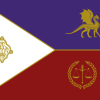
3E: Esferos Economic Expo 1424
Candeluian Minister and 3 others reacted to Ventel for a topic
Industry: Vehicle (Automobile Manufacturing) Country of Origin: Nalibia Senay Automotive is an automotive company, which designs, manufactures, markets and services a full line of cars, trucks, sport utility vehicles. Renown for its reliability and high class attention to detail. The Senay brand is Nalibia's leading car manufacture both domestically and exported outside of the empire. Here is our 1424 lineup, This year we wish to highlight our reliable safety features. Whether your a cruising PTA parent making your kid the talk of their class, or an adrenaline junky trying to take tighter corners. Our vehicles new built-in AI (standard feature) will make your commute safer for you and everyone around.4 points -

3E: Esferos Economic Expo 1424
Zoran and 3 others reacted to Candeluian Minister for a topic
Logo: Doll Guldur Express Country of Origin: Candelù. Sector: Transportation Description: The D.G.E. is an association which specializes in long, ground trips, through all the mainland of Doll Guldur. Being founded relatively recently, in 1387 (Originally being C.E., Candelù Express) . It has reached high success pretty fast throughout all of Candelù, and eventually turned into a continental company. The main hub for the transportation association is the Candeluian Central Station's Granzian side. It operates on almost all of Doll Guldur, with the only exception of some islands, an issue that will be fixed in the upcoming years, with new cooperations between the D.G.E. and some naval or aerial companies. The company is the only official transportation that connects Zanna and Granzia in the current war times. The current owner is Carmio Mariglio, a charming man that is trying his hardest to turn the D.G.E. in a more influential company, focusing on current issues, especially the creation of new, more sustainable ways of transport, minimizing the impact on the entire continent.4 points -

3E: Esferos Economic Expo 1424
Zoran and 3 others reacted to Candeluian Minister for a topic
Logo: Kopja (Common: Kopja Rasko's Cars) Country of Origin: Zanna (or, if you don't recognize it, Candelù.) Sector: Vehicles (mainly Automobiles) Description: Kopja is the most used car brand in Zanna. The name originates from it's founder, Rasko "Kurrizan" Kopja (1323-1404), who created the company in the year 1355. Originally focusing only on the construction of Motors for other car companies, it evolved into a big and thriving part of the candeluian ground vehicles sector. The company is based in Nicò, capital of the region of Zuni. While it's main success is found in Zanna, the company has, especially in the latest years, started to send cars to foreign nations, especially in Doll Guldur. One important exception is Candelù itself, as the newly proclaimed nation of Zanna has (for now) ordered a block in the production of automobiles for their current enemies. As of 1424, the owner of the company is Illvy Kopja (born in 1385), Rasko's Grandson. He took the company's lead after the resignation of his father. His view of automobiles is very "old-styled", as Kopja remains one of the few vehicle manufactors to not research and expand the electric sector. Illvy himself once said: "For us, cars are more of a feeling than an object, and Electric cars, yeah, they don't give out that feeling."4 points -
.thumb.png.4daa7e8c59da438450aaf48f86059164.png)
3E: Esferos Economic Expo 1424
Zoran and 3 others reacted to Giovanniland for a topic
Lavionda (Common: Lavionda Airlines, Giovannese: Lavionda Linie Arie) Industry: Transport (aerial) Country of Origin: Giovanniland Description: Lavionda, a portmanteau of lavanda (lavender) and avio (airplane), is an airline based on Giovanniland that operates flights to numerous destinations across Esferos. Originally a regional airline operating mainly in Lavandula, the region spanning the three Lavender Island countries' northern areas, it has since then positioned itself as one of the main airlines of Giovanniland, competing with the nation's flag carrier and other notable companies. Notably, it has maintained its primary hub in the Violet International Airport of Uryde, adding the Emperor Giovanni the Great International Airport of Giovannia, the nation's main airport, as a secondary hub. Some of the airline's busiest destinations include Lavandulan cities such as Uryde, Quorivo, Dazano, Kyene, and Lampo; other major cities in Giovanniland such as Giovannia, Porto Violeto and Andoliavilla; and various international routes, especially Lavender Island destinations including Kopai, Forte Lavanda, Kharventhin (in Blue Bubble), Tanba and Shinano (in Minsu). Although previously not very known internationally, the airline rose in prominence after handling thousands of flights for the Quoriv-Kharventhin II Summer Esferiad. The company was founded in 1378 by Vittoria Peskennio-Lodago and its current CEO since 1419 is Flavio Gigerano. Flavio's current tenure is establishing Lavionda as one of the leading innovators in the aviation industry, particularly in regards to Lavionda's commitment to sustainability. For example, the company is investing in electric airplane technologies and hopes to unveil its first commercial electric flight by the company's 50-year anniversary in 1428. This will greatly reduce fuel costs and maintenance, besides enabling quieter takeoffs and landings. Lavionda is also notable for a commitment to digitalization of manual processes in both airports and flights, in order to improve the customer experience, and for its partnership with local film producers from the two regions of Lavanda Prima and Lavanda Sekunda, with the goal of promoting Lavandulan culture and offering more in-flight entertainment options for passengers.4 points -

Liga di Fiutbol "A" | The Ryxtylopian Soccer/Football League
Nouveau and 3 others reacted to Federation of Inner Ryxtylopia for a topic
Fourteenth Match day of the Ryxtylopian League 1-2 Marco Disvartía 62' Inzé Fransquixa 28' Julio Indrava 73' 1-1 Rauíl Tirriva 50' Theo Dixilfane 60' 2-0 Rauíl Disquerravia 54' Rauíl Barravez 76' 4-0 Rauíl Disquiverria 23' + 66' Theo Isdriva 57' + 81' Andreís Diavarra 77' 2-0 Ezicaiel Barvas 47' + 83' 2-1 Marco Viraxa 37' Marco Diarvuna 75' Andreís Diaxilva 64' 1-3 Enrique Rafaela (P) 90'+1' Andreís Richava 40' + 64' Terado Irrasvasquia 73' Lardo Armatez 90' + 1' 2-1 Andreís Tiavas 54' + 79' Rauíl Armatez 48' Dario Viesquelí 65' 2-2 Andreís Diraberua 39' Marco Hiritapa 49' Randé Tsilvana 71' Marco Tixalva 82' 1-0 Enrico Disvixa 66' 2-0 Franco Viranpá 55' Esteban Invaras 80' Pos. Team. Pld. W D L GF. GA. GD. Pts. 1 Rio Priava 14 13 1 0 35 5 30 40 2 Libre 14 13 1 0 39 11 28 40 3 Isportivo Ryxenia 14 12 1 1 31 11 20 37 4 Mytapixas 14 12 0 2 35 11 24 36 5 Raquivas 14 11 2 1 30 11 19 35 6 Bixas 14 9 2 3 24 12 12 29 7 Tsalapaní 14 8 4 2 16 10 6 28 8 Myvas 14 8 1 5 16 12 4 25 9 Pinichaca 14 6 4 4 14 13 1 22 10 Qixas 14 5 5 4 17 15 2 20 11 Unydo di Vynitiná 14 4 5 5 16 18 -2 17 12 Obriros 14 4 4 6 8 13 -5 16 13 U. di Saxatí 14 4 4 6 15 20 -5 16 14 U. di Ryxenia 14 4 3 7 14 17 -3 15 15 San Liarvas 14 4 2 8 15 20 -5 14 16 Ystiandes 14 2 4 8 10 21 -11 10 17 Cintral Liipica 14 2 3 9 6 19 -13 9 18 Pinilaca 14 2 2 10 5 23 -18 8 19 Garravas 14 0 6 8 4 16 -12 6 20 Tirilpense 14 1 2 11 5 23 -18 5 21 Unydo di Carraizal 14 1 1 12 4 31 -27 4 22 Ryxtylopiana 14 0 1 13 3 30 -27 14 points -

The Constitution of the Kingdom of Zoran
Giovanniland and 3 others reacted to Zoran for a topic
Title I: Of the Kingdom of Zoran, its Territory, Government, and Dynasty Article 1 - The Kingdom of Zoran is the political association of all Zoranian citizens. Zoran shall be an indivisible, secular, constitutional, representative, monarchy. Its territory shall be divided into provinces in the form in which they are at present; they may, however, be subdivided as the good of the State may require. Article 2 - The Crown of the Kingdom of Zoran belongs to the House of Ani’-Wah’ starting and descending from Adsila Ani’-Wah’ I and executive power shall be inherited by men and women in accordance with the provisions of the Act of Succession to the Throne of May 13, 1422. Article 3 - The language of the kingdom shall be the Zoranian language. Article 4 - The political powers recognized by the Constitution of the Kingdom of Zoran are three: Legislative, Executive, and Judicial. Title II: Of the Royal Family Article 5 - The Monarch shall not reign in other countries except with the consent of the dikahnawadvsdi aninotlvsgi iyunadai. Article 6 - The Monarch shall be of age when they have reached eighteen years of age. The same provision shall apply to the Heir to the Throne. Article 7.1 - The Monarch shall, prior to their accession to the throne, take the following oath before the Council of State and the dikahnawadvsdi aninotlvsgi iyunadai: “(TBD)” Article 7.2 - When, for any cause, the Monarch has not undertaken the aforementioned oath upon their accession to the throne, the Council of State shall manage the constitutional obligations of the monarch until the oath has been made unless otherwise provided by statute. When the Monarch has already taken the aforesaid oath as Heir to the Throne, they shall accede to the throne when it is vacant. Article 8 - Provisions relating to the exercising of sovereign power in the event of the minority, illness, or absence of the Monarch shall be laid down by statute. Should the throne become vacant and it is certified by the Chancellor and the Council of Ministers that there is no monarch nor Heir to the Throne, the dikahnawadvsdi aninotlvsgi iyunadai is empowered to elect a new monarch by a special conference to amend Article 2 of the constitution. Article 9.1 - Sovereign Allocations shall be granted to the Crown by statute. Any statute which provides a Sovereign Allocation may provide for the State property in care of the Monarch, including the personal real property of the Crown at the disposal of the Monarch. Article 9.2 - The Crown may not be charged with debt or obligation by way of Sovereign Allocation. Article 10 - Members of the Monarch’s House may be granted annuities by statute. Such annuities shall not be enjoyed outside the Kingdom except with the consent of the dikahnawadvsdi aninotlvsgi iyunadai. Title III: Legislation of the Kingdom Article 11 - The Legislation of the Kingdom is delegated to dikahnawadvsdi aninotlvsgi iyunadai with sanction by the Monarch. Article 12.1 - The dikahnawadvsdi aninotlvsgi iyunadai shall be made up of only one chamber with members that represent provinces determined by law. Article 12.2 - The number of members shall from time to time be fixed by law, but the total number of members of dikahnawadvsdi aninotlvsgi iyunadai shall not be fixed at less than one member for each thirty thousand of the population, or at more than one member for each twenty thousand of the population. Article 12.3 - The ratio between the number of members to be elected at any time for each province and the population of each province, as ascertained at the last preceding census, shall, so far as it is practicable, be the same throughout the Kingdom. Article 12.4 - The members shall be elected on the system of proportional representation by means of the single transferable vote. Article 12.5 - No law shall be enacted whereby the number of members to be returned for any province shall be less than three. Article 13.1 - Any Zoranian citizen currently domiciled in the Kingdom and meets the age qualification for suffrage as explained in subsection 2 of this article shall have the right to vote at dikahnawadvsdi aninotlvsgi iyunadai elections, provided that they have not been declared incapable of conducting their own affairs. Article 13.2 - The age qualification is set out by statute but no law can be made to make it less than eighteen years. Article 14 - Any person who is entitled to vote at dikahnawadvsdi aninotlvsgi iyunadai elections shall be eligible for membership of the dikahnawadvsdi aninotlvsgi iyunadai, unless they have been convicted of a felony, have not been declared incapable of conducting their own affairs, have not been found to be sound of mind, or are over the age of 70. Article 15 - Each Legislature shall last four years; each annual session shall last for nine months. The state opening session shall be on the ninth of June every year. Article 16 - The dikahnawadvsdi aninotlvsgi iyunadai shall meet in the place where the Government has its seat, except that in extraordinary circumstances the dikahnawadvsdi aninotlvsgi iyunadai may assemble elsewhere in the Kingdom. Article 17 - At the Grand State Opening of the Legislature in the sessional year the Monarch, or, with express permission from the Monarch, the Chancellor, should the Monarch be unable to be in attendence, shall render an account of the general state of the country and of the measures proposed by the Crown and the Government. Such account shall be made the subject of a general debate. Article 18 - The Speaker of the dikahnawadvsdi aninotlvsgi iyunadai shall convene the meetings of the dikahnawadvsdi aninotlvsgi iyunadai, stating the Order of the Day. The Speaker shall convene a meeting of the dikahnawadvsdi aninotlvsgi iyunadai upon a request being made in writing by at least two-fifths of the members of the dikahnawadvsdi aninotlvsgi iyunadai or the Chancellor, stating the Order of the Day. Article 19 - Ministers shall be entitled to attend the sittings of the dikahnawadvsdi aninotlvsgi iyunadai ex officio and to address the dikahnawadvsdi aninotlvsgi iyunadai during the debates as often as they may desire, provided that they abide by the rules of procedure of the dikahnawadvsdi aninotlvsgi iyunadai. They shall be entitled to vote only when they are members of the dikahnawadvsdi aninotlvsgi iyunadai. Article 20 - The executive power, through its Ministers of State, is entitled to make its proposals for the enactment of laws; and only after a proposal is examined by a committee of the dikahnawadvsdi aninotlvsgi iyunadai, can it become a bill. Article 21.1 - Any member of the dikahnawadvsdi aninotlvsgi iyunadai shall be entitled to introduce Bills and other measures. Article 21.2 - No Bill shall be finally passed until it has been read three times in the dikahnawadvsdi aninotlvsgi iyunadai. Article 21.3 - Two-fifths of the members of the dikahnawadvsdi aninotlvsgi iyunadai may request of the Chancellor that the third reading of a Proposed Act shall not take place until twelve weekdays after it has passed the second reading. The request shall be made in writing and signed by the members making it. There shall be no such postponement in connection with Proposed Acts relating to Finance, Supplementary Appropriation, Provisional Appropriation, Government Loans, Naturalization, Expropriation, Indirect Taxation, and, in emergencies, Acts that the enactment of which cannot be postponed because of the intent of the Act. Article 21.4 - In the case of a new election, and at the end of the sessional year, all Bills and other measures which have not been finally passed shall be void. Article 22.1 - If, on the conclusion of the discussion, the dikahnawadvsdi aninotlvsgi iyunadai adopts the bill, it shall reduce it to a decree, and after it is read in session, shall first be sent to the Chancellor for their approval and should they sign on it, it shall be directed to the Monarch in duplicate, asking for their sanction. Article 22.2 - The Monarch has several forms of refusal to grant their consent: They may grant sanction to a decree in part, and the dikahnawadvsdi aninotlvsgi iyunadai may continue debate on unsanctioned parts They may use a suspensory veto so that when the dikahnawadvsdi aninotlvsgi iyunadai following that which may have approved the bill, return successively to present it in the same terms, it shall be understood that the Monarch has given it their approval. They may use a qualified veto which shall stop the bill unless a two-thirds majority is reached by the dikahnawadvsdi aninotlvsgi iyunadai by which the veto shall be overridden and the bill will be presented to the Monarch once more for their approval. The ultimate of these powers is the absolute veto which immediately rejects the bill in its entirety and ends any further discussion on the bill and cannot be overruled. Article 22.3 - The Monarch shall give or refuse their sanction to each decree within a month from the time it is presented with exception of the three day period specified in Article 24, subsection (1). Article 22.4 - If The Monarch does not give their sanction within the term specified, it shall have the same effect as if The Monarch had expressly refused their sanction, in order that the dikahnawadvsdi aninotlvsgi iyunadai may be counted, in which it will be possible to refuse their consent, or in order that it may be ranked as an obligatory decree on account of their having already refused their approval in the two previous dikahnawadvsdi aninotlvsgi iyunadai. Article 22.5 - When the law is signed by the Monarch, referred to the proper Secretary of State, and sealed with the seal of the Kingdom, the original shall be preserved in the public archives and printed copies of it shall be sent to all the chambers of the Kingdom and other places where it should be made public. Article 23.1 - Where a Bill has been passed by the dikahnawadvsdi aninotlvsgi iyunadai, one-third of the members of the dikahnawadvsdi aninotlvsgi iyunadai may, within three weekdays from the final passing of the Bill, request of the Speaker that the Bill be submitted to a referendum. Such request shall be made in writing and signed by the members making the request. Article 23.2 - No Bill which may be submitted to a referendum (see subsection (6)), shall receive the Royal Assent before the expiration of the time limit stated in sub-section (1), or before a referendum requested as aforesaid has taken place. Article 23.3 - Where a referendum on a Bill has been requested the dikahnawadvsdi aninotlvsgi iyunadai may, within a period of five weekdays from the final passing of the Bill, resolve that the Bill shall be withdrawn. Article 23.4 - Where the dikahnawadvsdi aninotlvsgi iyunadai has made no resolution in accordance with subsection (3), notice that the Bill is to be submitted to a referendum shall be given without delay to the Chancellor, who shall then cause the Bill to be published together with a statement that a referendum is to be held. The referendum shall be held, in accordance with the decision of the Chancellor, not less than twelve and not more than eighteen weekdays after the publication of the Bill. Article 23.5 - At the referendum, votes shall be cast for or against the Bill. For the Bill to be rejected, a majority of the electors who vote and not less than thirty percent of all persons who are entitled to vote, shall have voted against the Bill. Article 23.6 - Finance Bills, Supplementary Appropriation Bills, Provisional Appropriation Bills, Government Loan Bills, Civil Servants (Amendment) Bills, Salaries and Pensions Bills, Naturalization Bills, Expropriation Bills, Taxation (Direct and Indirect) Bills, as well as Bills introduced for the purpose of discharging existing treaty obligations shall not be submitted to decision by referendum. This provision shall also apply to the Bills referred to in articles 7, 8, 9, and 10, and to such resolutions as are provided for in article 42, if existing in the form of a law, unless it has been prescribed by a special Act that such resolutions shall be submitted to referendum. Amendments to the Constitution shall be governed by the rules laid down in article 80. Article 23.7 - Rules for referenda shall be laid down by statute. Article 24 - No taxes shall be imposed, altered, or repealed except by statute; nor shall any man be conscripted or any public loan be raised except by statute. Article 25.1 - A Finance Bill for the next fiscal year shall be submitted to the dikahnawadvsdi aninotlvsgi iyunadai no later than four months before the beginning of such fiscal year. Article 25.2 - Where it is expected that the reading of the Finance Bill for the next fiscal year will not be completed before the commencement of that fiscal year, a Provisional Appropriation Bill shall be laid before the dikahnawadvsdi aninotlvsgi iyunadai. Article 26.1 - Taxes shall not be levied before the Finance Act or a Provisional Appropriation Act has been passed by the dikahnawadvsdi aninotlvsgi iyunadai. Article 26.2 - No expenditure shall be defrayed unless provided for by the Finance Act passed by the dikahnawadvsdi aninotlvsgi iyunadai, or by a Supplementary Appropriation Act, or by a Provisional Appropriation Act passed by the dikahnawadvsdi aninotlvsgi iyunadai. Article 27.1 - The Public Accounts shall be submitted to the dikahnawadvsdi aninotlvsgi iyunadai not later than six months after the expiration of the fiscal year. Article 27.2 - The dikahnawadvsdi aninotlvsgi iyunadai shall elect a number of auditors. Such auditors shall examine the annual Public Accounts and ensure that all the revenues of the State have been duly entered therein, and that no expenditure has been defrayed unless provided for by the Finance Act or some other Appropriation Act. The auditors shall be entitled to demand all necessary information, and shall have right of access to all necessary documents. Rules providing for the number of auditors and their duties shall be laid down by statute. Article 27.3 - The Public Accounts, together with the Auditors’ Report, shall be submitted to the dikahnawadvsdi aninotlvsgi iyunadai for its decision. Article 28 - The dikahnawadvsdi aninotlvsgi iyunadai shall lay down its own rules of procedure, including rules governing its conduct of business and the maintenance of order. Article 29 - The sessions of the dikahnawadvsdi aninotlvsgi iyunadai shall be public, except that the Speaker, or such number of members as may be provided for by the rules of procedure, or a Minister, shall be entitled to demand the removal of all unauthorized persons, whereupon it shall be decided without debate whether the matter shall be debated at a public or a secret session. Article 30 - In order that a decision may be made, more than one-half of the members of the dikahnawadvsdi aninotlvsgi iyunadai shall be present and take part in the voting. Article 31 - The dikahnawadvsdi aninotlvsgi iyunadai may appoint committees from among its members to investigate matters of general importance. Such committees shall be entitled to demand written or oral information both from private citizens and from public authorities. Article 32 - The election by the dikahnawadvsdi aninotlvsgi iyunadai of members to sit on committees and of members to perform special duties shall be according to proportional representation. Article 33 - With the consent of the dikahnawadvsdi aninotlvsgi iyunadai, any member thereof may submit for discussion any matter of public interest and request a statement thereon from the Ministers. Article 34 - Petitions may be submitted to the dikahnawadvsdi aninotlvsgi iyunadai only through one of its members or the executive power. Article 35 - Statutory provision shall be made for the appointment by the dikahnawadvsdi aninotlvsgi iyunadai of one or two persons, who shall not be members of the dikahnawadvsdi aninotlvsgi iyunadai, to supervise the civil and military administration of the State. Article 36 - The members of the dikahnawadvsdi aninotlvsgi iyunadai shall be bound solely by their own consciences and not by any directions given by their electors. Article 37 - No member of the dikahnawadvsdi aninotlvsgi iyunadai shall be prosecuted or imprisoned in any manner whatsoever without the consent of the dikahnawadvsdi aninotlvsgi iyunadai or the executive power, unless they are taken in flagrante delicto. Outside the dikahnawadvsdi aninotlvsgi iyunadai no member shall be held liable for their utterances in the dikahnawadvsdi aninotlvsgi iyunadai save by the consent of the dikahnawadvsdi aninotlvsgi iyunadai or the executive power. Article 38 - The members of the dikahnawadvsdi aninotlvsgi iyunadai shall be paid such remuneration as may be provided for in the Electoral Act and members of the dikahnawadvsdi aninotlvsgi iyunadai, along with their spouses or partners and nuclear family, shall not hold stock in any company. Title IV: Of The Kingdom Chapter I: Of the Executive Power Article 39 - The Monarch is the chief of the executive power and supreme chief of the nation. They shall have supreme authority in all the affairs of the Kingdom, and may exercise it themselves or through their Ministers. Article 40 - The Monarch shall appoint and dismiss the Chancellor and the other Ministers. They shall decide upon the number of Ministers and upon the distribution of the duties of government among them. The signature of the Monarch to resolutions relating to legislation and government shall make such resolutions valid, provided that the signature of the Monarch is accompanied by the signature or signatures of one or more Ministers. A Minister who has signed a resolution shall be responsible for the resolution. Article 41.1 - The Monarch shall act on behalf of the Kingdom in international affairs, but, if treaties made in time of peace involve the cession or exchange of territory of the Kingdom or of possessions to which the kingdom has a right, they shall not be ratified without the approval of dikahnawadvsdi aninotlvsgi iyunadai. Otherwise they are permitted to make treaties of alliance, both defensive and offensive, commerce, and to bring them, when concluded, to the knowledge of the dikahnawadvsdi aninotlvsgi iyunadai when the interest and security of the State permits it. However, The Monarch may not terminate any international treaty without the consent of the dikahnawadvsdi aninotlvsgi iyunadai Article 41.2 - Except for purposes of defence against an armed attack upon the Kingdom or Zoranian forces the Monarch shall not use military force or declare war against any foreign state without the approval of the dikahnawadvsdi aninotlvsgi iyunadai. Any measure which the Monarch may take in pursuance of this provision shall be submitted to the dikahnawadvsdi aninotlvsgi iyunadai. If the dikahnawadvsdi aninotlvsgi iyunadai is not in session it shall be convened immediately Article 41.3 - The dikahnawadvsdi aninotlvsgi iyunadai shall appoint from among its members a Foreign Policy Committee, which the government shall consult before making any decision of major importance to foreign policy. Rules applying to the Foreign Policy Committee shall be laid down by statute. Article 42 - The Monarch shall be Commander-in-Chief of the Armed Forces. They shall preside over the higher national defense councils and committees. All Zoranian troops are bound to obey the commands of the Monarch unconditionally, such is part of their oath. Article 43 - The Monarch, usually in an emergency, may, when the dikahnawadvsdi aninotlvsgi iyunadai cannot assemble, issue provisional laws, provided that they shall not be at variance with the Constitution, and that they shall always, immediately on the assembling of the dikahnawadvsdi aninotlvsgi iyunadai, be submitted to it for approval or rejection. Article 44 - The Monarch can prorogue, adjourn, or dissolve the dikahnawadvsdi aninotlvsgi iyunadai; convoking immediately another to take its place should it be dissolved. Article 45 - In an emergency, the Monarch may convoke the dikahnawadvsdi aninotlvsgi iyunadai in the intervals of the sessions when the good of the Kingdom makes it necessary Article 46 - The Monarch shall have the prerogative of mercy and of granting amnesty. The Monarch may grant Ministers a pardon for sentences passed upon them by the Court of Impeachment of Zoran. Article 47 - The Monarch may cause money to be minted as provided by statute. Article 48.1 - Rules governing the appointment of civil servants shall be laid down by statute. No person shall be appointed a civil servant unless they are a Zoranian citizen. Civil servants who are appointed by the Monarch shall make a solemn declaration of loyalty to the Crown and the Constitution. Article 48.2 - Rules governing the dismissal, transfer, and pensioning of civil servants shall be laid down by statute – see Article 59. Article 48.3 - Civil servants appointed by the Monarch shall be transferred without their consent only provided that they do not suffer loss of income in respect of their posts or offices, and that they have been offered the choice of such transfer or retirement on pension under the general rules and regulations Chapter II: Of the Ministry Article 49.1 - A Minister shall not remain in office after the dikahnawadvsdi aninotlvsgi iyunadai has approved a vote of no confidence in them. Article 49.2 - When the dikahnawadvsdi aninotlvsgi iyunadai passes a vote of no confidence in the Chancellor, they shall ask for the dismissal of the Ministry unless writs are to be issued for a general election. Where a vote of censure has been passed on a Ministry, or it has asked for its dismissal, it shall continue in office until a new Ministry has been appointed. Ministers who remain in office as aforesaid shall perform only what may be necessary to ensure the uninterrupted conduct of official business. Article 50 - Ministers may be impeached by the Monarch or the dikahnawadvsdi aninotlvsgi iyunadai for maladministration of office. The Court of Impeachment of Zoran shall try cases of impeachment brought against Ministers for maladministration of office. Article 51 - Foreigners, even though naturalized, cannot be Chancellor Chapter III: Of the Council of State Article 52.1 - The body of Ministers shall form the Council of State, in which the Heir to the Throne shall have a seat when of age. The Council of State shall be presided over by the Monarch except in the instance mentioned in Article 7, and in instances where the legislature in pursuance of Article 8 may have delegated the conduct of government to the Council of State. Article 52.2 - All Bills and important government measures shall be discussed in the Council of State. Article 53 - Should the Monarch be prevented from holding a Council of State they may entrust the discussion of any matter to a Council of Ministers. Such Council of Ministers shall consist of all the Ministers, and shall be presided over by the Chancellor. The vote of each Minister shall be entered in a minute book, and any question shall be decided by a majority vote. The Chancellor shall submit the minutes, signed by the Ministers present, to the Monarch, who shall decide whether they will immediately consent to the recommendations of the Council of Ministers, or have the matter brought before them in a Council of State. Title V: Of Judicial Authority Article 54.1 - The Court of Impeachment of Zoran shall consist of up to thirteen of the most senior members of the Supreme Court of Zoran (according to length of office) and an equal number of members elected for six years by the dikahnawadvsdi aninotlvsgi iyunadai according to proportional representation. One or more substitutes shall be elected for each elected member. No member of the dikahnawadvsdi aninotlvsgi iyunadai shall be elected a member of the Court of Impeachment, nor shall a member of the dikahnawadvsdi aninotlvsgi iyunadai act as a member of the Court of Impeachment. Where, in a particular instance, some of the members of the Supreme Court of Zoran are prevented from taking part in the trial of a case, an equal number of the members of the Court of Impeachment last elected by the dikahnawadvsdi aninotlvsgi iyunadai shall retire from their seats. Article 54.2 - The Court of Impeachment shall elect a Chief Justice from among its members. Article 54.3 - Where a case has been brought before the Court of Impeachment, the members elected by the dikahnawadvsdi aninotlvsgi iyunadai shall retain their seats in the Court of Impeachment for the duration of such case, even if the period for which they were elected has expired. Article 54.4 - Rules for the Court of Impeachment shall be provided by statute. Article 55.1 - The Court of Impeachment shall try such actions as may be brought by the Monarch or the dikahnawadvsdi aninotlvsgi iyunadai against Ministers. Article 55.2 - With the consent of the dikahnawadvsdi aninotlvsgi iyunadai, the Monarch may also cause other persons to be tried before the Court of Impeachment for crimes which he may deem to be particularly dangerous to the State. Article 56 - The exercise of judicial authority shall be governed only by statute. Extraordinary courts of justice with judicial authority shall not be established. Article 57 - The administration of justice shall always remain independent of executive authority. Rules to this effect shall be laid down by statute. Article 58.1 - The courts of justice shall be empowered to decide any question relating to the scope of the executive’s authority; though any person wishing to question such authority shall not, by taking the case to the courts of justice, avoid temporary compliance with orders given by the executive authority. Article 58.2 - Questions relating to the scope of the executive’s authority may, by statute, be referred for decision to one or more administrative courts, except that an appeal against the decision of the administrative courts shall be referred to the highest court of the Realm. Rules governing this procedure shall be laid down by statute. Article 59 - In the performance of their duties the judges shall be governed solely by the law. Judges shall not be dismissed except by judgement, nor shall they be transferred against their will, except in such cases where a rearrangement of the courts of justice is made. A judge who has completed his sixty-fifth year may, however, be retired, but without loss of income up to the time when he is due for retirement on account of age. Article 60.1 - In the administration of justice all proceedings shall to the widest possible extent be public and oral. Article 60.2 - Laymen shall participate in criminal proceedings. The cases and the form in which such participation shall take place, including which cases shall be tried by jury, shall be provided for by statute. Title VI: Rights Ensured by the State Article 61 - The principle of any sovereignty lies firstly in the nation. No other body, nor individual or collective may exercise any authority that does not expressly emanate from it. Article 62 - All human beings are born free and equal in dignity and rights. They are endowed with reason and conscience and should act towards one another in a spirit of brotherhood. Article 63 -The state has the right to forbid actions that are injurious to society. Nothing that is not forbidden by law may be hindered, and no one may be compelled to do what the law does not ordain. Article 64 - Citizens of the Kingdom are guaranteed inviolability of the person. No person may be placed under arrest except by decision of a court or with the sanction of a procurator. House search, seizure, and examination of any form of correspondence both digital and physical, or any breach of the secrecy that shall be observed in postal, digital, and telephone matters, shall not take place except under a judicial order, unless particular exception is warranted by statute. Article 65 - None shall be subjected to torture or to cruel, inhuman or degrading treatment or punishment. Article 66 - Equality of rights of citizens of the Kingdom, irrespective of their sexuality, gender, nationality, or race, in all spheres of economic, state, cultural, social, and political life, is an indefeasible right. Any direct or indirect restriction of the rights of, or, conversely, any establishment of direct or indirect privileges for citizens on account of their sexuality, gender, race, or nationality, as well as any advocacy of sexual, gender, racial, or national exclusivity or hatred and contempt, is punishable by law. Article 67 - In order to ensure citizens freedom of conscience, religion in the Kingdom is separated from the state, and the school from all religions. Freedom of religious worship is recognised for all citizens insofar as said religious practices do not bring harm or threaten the health, security, or general well being of the people. Article 68 - In conformity with the interests of the people, the citizens of the Kingdom are guaranteed by law: Freedom of expression; except what is tantamount to the abuse of this right in the cases determined by law. Freedom of the Independent Press; Freedom of assembly Article 69 - Citizens of the Kingdom are guaranteed the right to qualified, high quality healthcare without the barrier of payment. The state is obligated to provide these healthcare services and promote the health and wellbeing of the citizenry. Article 70 - Citizens of the Kingdom have the right to education regardless of age. The government is responsible for providing high quality education from primary to tertiary level and through the organization, in the factories and farms, of vocational, technical and agronomic training for citizens of the country without barrier of payment. Instructions in schools are to be conducted in the Zoranian language. Article 71.1 - Citizens of the Kingdom shall, without previous permission, be free to form associations for any lawful purpose. Article 71.2 - Associations employing violence, or aiming at the attainment of their object by violence, by instigation to violence, or by similar punishable influence on persons holding other views, shall be dissolved by court judgement. Article 71.3 - No association shall be dissolved by any government measure; but an association may be temporarily prohibited, provided that immediate proceedings be taken for its dissolution. Article 71.4 - Cases relating to the dissolution of political associations may, without special permission, be brought before the Supreme Court of Zoran. Article 71.5 - The legal effects of the dissolution shall be determined by statute. Article 72 - Citizens of the Kingdom have the right to rest and leisure. This is ensured by the reduction of the working day to seven hours and limiting the work week to thirty hours for the overwhelming majority of workers, with exception to those professions and necessities as determined by statute, and the institution of annual vacations with pay for workers and other employees as determined by statute. Article 73 - The inviolability of the property of citizens without a warrant and privacy of correspondence are protected by law. Article 74 - None shall be held in slavery or servitude; slavery and the slave trade shall be prohibited in all their forms. Article 75 - Child labour is prohibited Article 76 - All citizens have the right to own property alone as well as in association with others and no one shall be deprived of their property by the state without serious reason. Article 77 - All persons of full age, without any limitation due to race, nationality, gender, sexuality, or religion, have the right to marry and found a family. They are entitled to equal rights as to marriage, during marriage, and at its dissolution. Marriage shall be entered into only with the free and full consent of the intending spouses. The family, both nuclear and extended, is the natural and fundamental group unit of society and is entitled to protection, promotion, and support by society and the State. Article 78.1 - All citizens have the right to petition the government on the local or national level as well as petitioning the executive authority directly. Article 78.2- Rules for petitions shall be laid down by statute. Article 79 - The right of municipalities to manage their own affairs independently, under State supervision, shall be laid down by statute. Title VII: Changes to the Constitution Article 80 - Should the dikahnawadvsdi aninotlvsgi iyunadai pass a Bill for the purposes of a new constitutional provision, and the Government wishes to proceed with the matter, writs shall be issued for the election of members of a new dikahnawadvsdi aninotlvsgi iyunadai. If the Bill is passed unamended by the dikahnawadvsdi aninotlvsgi iyunadai assembling after the election, the Bill shall, within six months after its final passage, be submitted to the electors for approval or rejection by direct voting. Rules for this voting shall be laid down by statute. If a majority of the persons taking part in the voting, and at least 40 percent of the electorate, have voted in favour of the Bill as passed by the dikahnawadvsdi aninotlvsgi iyunadai, and if the Bill receives the Monarch’s sanction, it shall form an integral part of the Constitution.4 points -

3E: Esferos Economic Expo 1424
Federation of Inner Ryxtylopia and 3 others reacted to Thane of Kovdor for a topic
4 points -

Royal News Network: Zoran's Public Service Broadcaster
Federation of Inner Ryxtylopia and 2 others reacted to Zoran for a topic
The dikahnawadvsdi aninotlvsgi iyunadai has passed a bill that, if approved, will grant the Royal Aviation Administration the power to regulate the prices of airline tickets. People worry that these regulations will make air travel less affordable as the price of tickets would no longer change with market while supporters of the bill believe it would allow Zoranian airlines to focus on quality of travel and quality of service on their airline flights which would allow airlines to compete with each other over the quality of their service domestically and internationally. Opposition to the bill believe that these prices would cripple the Zoranian aviation industry as Zoranian airlines would not be able to compete with the potentially lower prices of the international market. "It's no longer the 1360s," says Lawmaker Tsosie of the Republican Action Party, "the Zoranian economy is more connected to the international market than back then where regulations like this were to help make a new industry a viable option for travel. But now the aviation industry is a huge part of the global economy that has flourished under its deregulation and its ability to set its own price based on supply and demand. By enforcing these regulations upon the industry, we are likely to see Zoranian airlines be unable to compete with the international market and thus potentially risk an entire industry in our economy along with the thousands of jobs it supplies for potentially a higher quality of service that is not guaranteed." Regardless, this bill will not become law until the Queen gives her approval on it but this hasn't stopped Zoranian airlines from scrambling as they seek to draft plans for if the regulations pass.3 points -
.thumb.png.4daa7e8c59da438450aaf48f86059164.png)
Regions of Giovanniland: The Travel Guide
Federation of Inner Ryxtylopia and 2 others reacted to Giovanniland for a topic
Welcome to the ultimate travel guide to all regions of Giovanniland! We are a family of eager travelers who have visited a multitude of nations of Esferos, experienced wonderful adventures, and met many great people along the way! Now, we wish to help others uncover the passion of travel by writing all about our home country, for all kinds of tourists. For each region of the country, we'll start with some important facts you should know, introduce the subdivisions and describe the major cities. Then there's the best part, which is to share with you our favorite places, travel tips, beautiful images, and much more! The guide starts in Giovannia, the capital and also our home city, alongside its associated region called Giovannia Magna. From there, we'll explore the other regions of the country, and embark on this great journey—and we hope that you join us! - The Firkellio Family3 points -

3E: Esferos Economic Expo 1424
Ventel and 2 others reacted to Thane of Kovdor for a topic
Finally, you see that someone updated the last empty hall of the economic expo. Unfortunately, the only change is a note that follows: We regretfully report that the LIPS exposition could not arrive at the time for the event due to post office delays. We apologise for the inconvenience. — Lzecov Islands Post Service Industry: infrastructure (Day 1) Country: Lzecov Islands3 points -

3E: Esferos Economic Expo 1424
Federation of Inner Ryxtylopia and 2 others reacted to Ventel for a topic
Industry: Transportation (April 1st) Country of Origin: Nalibia We move Nalibia. Whether you're looking to get somewhere fast or simply want to enjoy a trip, Velvet Rail has what you need. With 12 Maglev trains in operation, you won't wait long to get to your destination. Moving at over 500 kilometers per hour (310 mph) you can reach any place of our great empire safely in mere hours. Our trains can achieve speeds of 603 kilometres per hour (375 mph), assuring our trains are always on time. But would if your destination is not 400 miles away, or would if you want to take your time to your destination? No problem, our maglevs share stations with our passenger bullet trains as well, not to mention both coach and municipal bus stops, insuring you can always get where you need to go. Close your eyes and imagine yourself on a road trip where you don’t have to drive or even look at a road and there’s no need for pitstops, because you have everything you need — even a bed to sleep on. If you’re not already imagining the views of pristine wilderness that you can only see from our Velvet Rail lines, you’ve been missing out on the self-care of a lifetime. Your ticket to world famous routes, Nalibia's most celebrated national parks, and a scenic experience like nothing else starts with Velvet Rail. With private rooms, onboard meals and plenty of legroom, you can sit back and enjoy your entire vacation experience.3 points -

3E: Esferos Economic Expo 1424
Federation of Inner Ryxtylopia and 2 others reacted to Ventel for a topic
Industry: Logistics (April 1st) Country of Origin: Nalibia When you need the capacity and power to move your international freight to or from one of the many ports of the world, the Maritime Freight Solutions team is at your side and ready to go. 266 modern ships, 11.9 million TEU (Twenty-foot Equivalent Unit) transported per year, 16,300 motivated employees in more than 403 offices in several countries. Maritime Freight Solutions is a leading global liner shipping company and a powerful partner for you. With our international reach, we can ensure you that your container drayage and transportation needs are met with dependability, timeliness, and professionalism. We offer a fleet with a Vessel Capacity 2.0 million TEU, as well as a Container Capacity 3.0 million TEU including one of the world’s largest and most modern reefer container fleets. A total of 113 liner services worldwide ensure fast and reliable connections between more than 600 ports on all the continents. Maritime Freight Solutions has stakes in 20 terminals in Aura, Andolia, Doll Guldur, Nur and Polaris. Besides terminal-related activities complementary logistics services are provided at selected locations. We are convinced that delivering a high quality service is the way forward. To be number one for quality is the ultimate promise to our customers and a strong differentiator from our competitors. For that we have defined several quality promises that are formulated in concrete terms, make our success measurable and create transparency.3 points -

3E: Esferos Economic Expo 1424
Federation of Inner Ryxtylopia and 2 others reacted to Thane of Kovdor for a topic
Industry: Research Country: Lzecov Islands Founding date: 1386 Students: 8000 Aurora-Australis Natural Science Municipal University was created to provide personnel for the Power Station and also to boost research in the new Lzecov capital. It has a huge dormitory that provides free residence for about 5000 students. The rector is Alphonse Nalapic, a wise and oomny man who brings the university to prosperity. The faculties of AANSMU are represented in its coat of arms. Atom stands for Physics Faculty, the tube and lightning for the Chemistry Faculty, penguin and seal for the Biology Institute, and the hammer and pencil for the Technological Academy. The university arranges exchange program. So, you should probably enroll. Again, we have a huge dorm and we have lots of fun parties, and the university frovides good conditions for foreigners. Students also love straneces, especially those who can get us onto the materik. Well, I don't know what else to write. Hi to my mom, also to my devushka Rita, she is very beautiful. Oh, if you actually enroll, here's the tip: we have good scholarship, but you better save it up for the exams, you can easily find a halturka in a shop or varehouse to make up a living. And don't tell anyone that you are going to work on the Islands, or else the malchicks will get you tolchocked. Don't worry though, the vecks are very dobry out there.3 points -

3E: Esferos Economic Expo 1424
Federation of Inner Ryxtylopia and 2 others reacted to Ventel for a topic
Industry: Robotics and AI Country of Origin: Nalibia Royal Dynamics specializes in creating novel exploration systems for the most extreme environments and advanced motion control solutions for NSA (Nalibian Space Agency), defense, and commercial programs. Our work has played a critical role in thousands of projects spanning from conceptual design studies to flight missions. With over 22,000 employees worldwide, Royal Dynamics has brought innovation forward for over 220,000 leading technology manufacturers and service providers. With 1322 sales of 37 billion in revenue, Royal Dynamics technology solutions that improve business and daily life. RoyalDynamics.ncn is the easiest place for innovators to create, make and manage technology. Royal Dynamics is also applying AI-powered sortation at scale to modernize the world's recycling infrastructure and maximize the value in waste. Royal Dynamics gives waste and recycling leaders the power to harness AI to reduce labor costs, increase resource recovery, and deliver more reliable operations. With hundreds of deployments across Esferos, Royal Dynamics’ technology offers a transformational solution to waste sortation and changes the fundamental economics of recycling. We would like to showcase to you, our non-combatant AI/Drone rover, RBF-4 are proven tech used by the military for perimeter defense and recon, day and night. Our rovers can patrol military bases, embassies, and priority sites alerting personal to danger or giving intel of troop movements as advance recon in combat areas. With its advance sensors and systems the RBF-4 can find, track and rely information of hostile forces to nearby partners to avoid, capture or engage the enemy. More recently the RBF-4 has been used in the civilian sector for the search and rescue of lost hikers and climbers with mostly positive results. The RBF-4 is not yet for sell, but we wished to show you the capabilities of our tech, and maybe even spark innovation of all dreamers at this years 3E event. Loosely based on The Unitree Go1 robot dog US Marines and The robotic canine of the British Army.3 points -

3E: Esferos Economic Expo 1424
Federation of Inner Ryxtylopia and 2 others reacted to Ventel for a topic
Industry: Market Research Country of Origin: Nalibia We at Pamile Data & Intelligence (PDI) provides our customers with insights related to their target markets, customer behaviors, and broader economic trends as well as connects businesses with online communities. At PDI, we are passionately curious about Society, Markets and People. “Game Changers” – our tagline – summarises our ambition: we provide true understanding and make our changing world easier to navigate, so that our clients can make faster, smarter and bolder decisions. In our world of rapid change, the need for reliable information to make confident decisions has never been greater. At Pamile Data & Intelligence we believe our clients need more than a data supplier, they need a partner who can produce accurate and relevant information and turn it into actionable truth. We’re a borderless global team uniting the best minds in research, analytics, performance marketing, behavioral science, econometrics and data. This is why our passionately curious experts not only provide the most precise measurement, but shape it to provide True Understanding of Society, Markets and People. We combine our unique human expertise with the newest innovations in AI and technology to help our clients see and solve challenges in new ways. By using the best of science, technology and know-how to break down traditional data and intelligence silos through our one-of-a-kind approach, and apply the principles of security, simplicity, speed and substance to everything we do. We inspire actions that propel businesses forward, strengthen relationships, create connections, protect reputations and build trust. All in the service of building trusted relationships that drive real impact. When you work with PDI, you'll be matched with a community of people that share traits with your ideal customers. These similarities help you figure out what your ideal customer or user may respond well to. Pamile Data & Intelligence’s wide range of services covers multiple industries, including retail, healthcare, transportation, politics, and automotive, and our company is part of the Pamile global communications firm. By working with our PDI unit, you can get help with: Assemble custom panels of consumers Record interviews and mystery shopper journeys that document retail experiences View reports about key consumer insights and demographics Run brand, packaging, and product testing Conduct message testing for public affairs projects Develop studies measuring the quality of healthcare and patient satisfaction Engage in public opinion polling Social listening and analysis Competitive market analysis Content auditing Paid media planning Risk forecasting Workforce analytics PDI has offices throughout the world, so we can provide insights across a wide variety of global markets and audiences. Pamile Data & Intelligence will recruit a panel and community members through a variety of advertising channels, and participants that aren’t paid for their involvement. Instead, members receive points they can later redeem for prizes. You can also work with an PDI strategist to get further insights about your market. Because Pamile Data & Intelligence services will be unique to each client, you’ll need to get in touch with our company to learn more about how much it will cost to become a client.3 points -

3E: Esferos Economic Expo 1424
Thane of Kovdor and 2 others reacted to Federation of Inner Ryxtylopia for a topic
Ultra-Security Industry: Security Country of Origin: Ryxtylopia Description: Ultra Security, is a company based out of Pinilaca in Ryxtylopia, and is the largest private security company in the state, second largest in Ryxtylopia, however with its current growth the company is on course to become the largest private security provider in the country. Its a relativley new company, founded only in 1399 but it saw massive growth during the early 1400's, as it charged relativley low fares to provide its service, which allowed the company to rapidly grow. The company is run by energetic and young CEO: Alvindro Viexestía, who has seen a focus in continuing the company's success and taking the 1º spot for the largest private security provider in Ryxtylopia, which as of the current levels of growth should happen by next year. Alvindro has stated that while he'll expand company employee training programs, he also expects the quality of the service to go up, whilst retaining the affordability that has characterized the company. The company has also started to branch out from physical into the digital security realm, reaffirming their commitment to expanding their services, and unlike many other large Ryxtylopian companies it enjoys being free from any recent controversies or accusations about corruption, mismanagement, law violations or employee safetey violations.3 points -

3E: Esferos Economic Expo 1424
Thane of Kovdor and 2 others reacted to Ventel for a topic
Industry: Financial Services Country of Origin: Nalibia Paragon Financial is a leader in investment banking, financial services for consumers and small business, commercial banking, financial transactions processing and asset management. Founded in 1048 we have a rich proven history as trusted financial stewards, perceptive investing and fiscal responsibility and reliability. We provide both national and international services such as mortgage banking, equipment leasing, insurance agency, and brokerage, securities brokerage and investment banking, trust services, computer and data processing, investment advisory, mortgage-backed securities servicing, and venture capital investment. Aviram Chikelu is an Nalibian billionaire banker and business executive. He has been the chairman and chief executive officer (CEO) of Paragon Financial since 1402. In 1406 he was a Class A board member of the PGN Reserve System. Under Aviram Chikelu's leadership Paragon Financial has become the leading Nalibian bank in domestic assets under management, market capitalization value, and publicly traded stock value. Lastly but not least, we are one of three other Nalibian banks which make up the PGN Reserve System or PGN for short, which is the central bank of Nalibia, created by the Priesthood and enacted into law by all Provincial Rulers in 1311 to provide the nation with a safer, more flexible, and more stable monetary and financial system. The core responsibilities of the PGN include setting interest rates, managing the money supply, and regulating financial markets.3 points -

3E: Esferos Economic Expo 1424
Thane of Kovdor and 2 others reacted to Ventel for a topic
Industry: Food Manufacturing Country of Origin: Nalibia The Blistic Company started its humble beginnings as a carbonated soft drink manufacturer. Today it owns more than 20 other food manufacturing brands generating more than 1 billion in revenue each. An Nalibian multinational company, Blistic Co. encompasses all aspects of the food, snack, and beverage market. Today our carbonated, sweetened soft drink is one of Esferos' best-selling soda. Blistic Co's mission is "To bring Esferos joy and peace from a bottle," sticking to this mission Blistic has partnered with local farmers around the globe to provide jobs and stability to the forgotten providers of Esferos, and operate many outreach programs to train workers and build factories in economically challenged regions of our world. Today the Blistic Company's own current four year CEO Georg Ryncha is one such person. Born to a humble Farmer in Santo village of Lzecov Islands. Georg Ryncha got his first job at the Blistic Co. bottle factory as he attended Holly Grove High School which to this day is funded by Blistic Co. under its economic relief program. Through hard work and long nights of study Mr. Ryncha earned a scholarship from Blistic Co. to attend University in Nalibia, and worked his way up the corporate ladder to be where he is today. Georg Ryncha is now living a dream he and his peers only imagined, yet has not forgotten his once humble village. Even before becoming CEO, Georg convinced the Blistic Co. executives to invest heavily in Santo village, making it "the Santa Claus residency" it is known for today, with the "Santa Hut" attraction pulling in new tourist yearly, and a new factory that produces holiday-themed goods which are shipped throughout Esferos; Santo village is booming today and Mr. Ryncha is honored as a local hero. This is one mere story of the thousands helped by Blistic Co. and one of millions whom enjoy a little joy and peace from our bottle.3 points -
.thumb.png.4daa7e8c59da438450aaf48f86059164.png)
3E: Esferos Economic Expo 1424
Nouveau and 2 others reacted to Giovanniland for a topic
Avvento Industry: Energy Country of Origin: Giovanniland Description: Avvento is a key player in the current push to make windpower more prevalent in Giovanniland and the world. The company works extensively with the concept of offshore wind farms, avoiding disadvantages of doing it inland such as disturbing people and wildlife, while also benefitting from the fact wind speed is often higher at the sea. Based on the fifth largest city in the country, Abrentopole, the company was founded in 1364 by Vespasio Tuditano-Lartidio and its current CEO is Gabriella Giustiniano. Currently, windpower accounts for just over a fifth of the national energy production (21%), being above solar power (10%) but below hydropower (55%). Despite hydroelectricity's pivotal role in Giovanniland's transition away from fossil fuels to renewable sources in the 14th century, the government also recognizes its disadvantages such as loss of arable land, population displacement, and disruption of ecosystems, and has moved to phase it out as the main contributor by the year of 1450. This is a golden opportunity for companies like Avvento to bring out their best efforts towards the transition to generation of even cleaner energy. As the late founder Vespasio used to say, wind is the future — vento è l'avvento in Giovannese, a slogan that explains the company's name and its core belief. Through the Esferos Economic Expo, Avvento is committed to its goal of expanding windpower as an energy source across the world. Already the company has acted significantly in Giovanniland, building many offshore wind farms across the nation's vast coasts on the Darkesian Sea, and now it hopes to encourage change abroad too.3 points -
Speaker Series Day 3 Working With Nature In Manufacturing Moderator: Veleri Velevirivich Nemtsov, Minister of State for the Commonwealth of Nouveauterra Key Points “Most of what we use first originates from nature,” Veleri Nemtsov said. “Rubber tires from rubber trees, steel from iron ore, and leather from the hide of slaughtered livestock. Much of economic history is extractive, we take one thing and transform it into something new without leaving much of anything behind. Now, with new technologies and rediscovering older production methods, additive or minimally destructive manufacturing is possible where we can be neutral or even work with nature to make things new for us.” “This is basically farming, right?” Ursus Balearis said. He is a researcher and engineer from the Principality of Saint Mark. “There’s even a funny thing in that, farming is destructive too in a certain way. Land is cleared to make way for crops, at least in strict industrialized farming. But neutral manufacturing is when someone really works with nature, such as gaining something or creating something with little damage to the environment. The first efforts like this have been in hunting or fishing, controlling catches to ensure there’s still nature to extract from.” “Nature provides so much, that if we think about how we do things, the way nature does things, we realize we don’t have to just rob it in order to get things done.” Árnur Ouli, CEO of BGA, the sole automobile and public transportation manufacturer of Ageros. For context, BGA has transitioned away from ICEs to battery-electric vehicles. “Even something as complex as a car, crafted with minimalist design, powered by electricity, fueled by wind, solar, or wavewake, can have an incredibly low impact on Esferos. Water, sun, wind, all transfer energy seamlessly. Animals move in great herds for protection and efficiency. And when they move, only using what is necessary to accomplish their goals. Nature designed and made all of that and it works beautifully. Why don’t we take some cues from that designer, huh?” “At some level what we’re doing is more aspirational than practical,” said Janice Xeno, COO of Société Métallurgique Pavus, an industrial manufacturer in the Commonwealth of Nouveauterra. “We make lithium batteries from finite lithium deposits, plastic products that aren’t scalably recyclable, or chemicals which are feasibly used once. It is a worthwhile goal, but if we place our benchmark for success on perfection, we end up falling short and seeing ourselves as failing at something, even if what we’ve done up until then is good.” “This is definitely an area that will grow in the future,” Veleri Nemtsov said. “Any worthwhile business leader has to see the potential in self growing shoes, like the ones I have on right now.” Nemtsov stood up and showed his brown dress shoes to the audience. “I never knew mushrooms could be this comfortable to walk on.” Shoutout to @Gloibria for the character of Árnur Ouli for this segment.3 points
-

3E: Esferos Economic Expo 1424
Ventel and 2 others reacted to Thane of Kovdor for a topic
Industry: Resource Extraction Country: International (Lzecov Islands tax resident) The U92 takes part in 3E is one of the sponsors for the Lezcov exibition! Yes, it is the very U92, or Union 92, one of the largest mining conglomerates in the world. U92 specialises on uranium ore extraction but also holds several deposits of bauxite, spodumene, nepheline and other minerals. If you never heard of these minerals, let's just say that components for computers come from them. Why, haven't you heard of U92 as well? Now you did. And you should treat its employees with awe and utmost respect, like everyone at Lcezov Islands do. It was U92 that generously invested into Lezkov nuclear plant after their uranium mines got depleted. It was U92 that helped the government of Zelcov Islands establish banking institutions to turn the nation into a renowned financial hub. U92 invests into the tourism of Kezlov Islands as well. Moreso, U92 takes part into global environmental initiatives. Remember that time when a family of whales was trapped in ice and then got released? Yes, it was us. Well, there were other people involved like the military, the commies and a crazy hippie girl, but it was our personnel and our money first and foremost. This is why U92 is the important power in Whateverkov Islands and the real gem of this exposition. Speaking of gems, take a look at this cool rock. This is where uranium comes from! Watch out for the radiation though, don't touch it and don't breath in its direction, please.3 points -
Welcome to Day Three of the Esferos Economic Expo, 1424. My name is Veleri Velevirivich Nemtsov, Minister of State for the Commonwealth of Nouveauterra. Day 3 of the exposition will feature companies in the resource extraction, energy, and manufacturing sectors. Tonight’s panel discussion will focus on working with nature in the manufacturing process.3 points
-

3E: Esferos Economic Expo 1424
Zoran and 2 others reacted to Candeluian Minister for a topic
Logo: (Common: The (right) path) Country of Origin: Candelù. Sector: Infrastructure Description: is a company which built all the major streets in Candelù during the latest innovation period of the automobile sector. It is the major company when it comes to road infrastructure. It was created in 1276, year in which the main street of New Maserut was projected. It was the group of engineers who created the project that then formed the company we still know to this day. After the declaration of independence of Zanna work was interrupted in the geografical region. Major cities that have streets built by A' Strada are almost all of the Candeluian cities (including zannese ones), with the exception of Fragoforti, which had it's streets built by a smaller internal company before unification with Candelù. Under the owner Moljo Segato A' strada hasn't seen many big changes, though it's still the major company in the sector, the most projects that are made are some new roads in more rural areas or reparations for older roads.3 points -
Société d'Avions Agentum [SAAG in Common] Industry: Vehicles Country: Nouveauterra SAAG is a major military manufacturer in Nouveauterra, based in the city of Agentum. Formed in 1335, SAAG began as a civilian and military aircraft manufacturer. SAAG gained expertise overtime, and eventually grew into a multifaceted organization, with export and joint production contracts with a few other companies around the world, as well as being the main source of aircraft for the Nouveauterran Air Force. Under the currently 2 year tenure of CEO Sylvestre Ala, SAAG has expanded into smart targeting and "hive mentality" integration of autonomous vehicles with manned crews. SAAG constructs a number of products, including: military combat and support aircraft, civilian passenger aircraft, missiles, aerial guidance packages, and unmanned aerial systems. There are automobiles spanning from the 1360s to the 1410s which are still in circulation because of SAAG Auto, a short lived automobile company formed as a subdivision of SAAG.3 points
-
Air Nouveauterre [Common codes: two-letter, NX ; three-letter, ANO ; callsign, AIRNOVO] Industry: Transportation, Country: Nouveauterra Air Nouveauterre (AN) is a passenger and cargo airliner in Nouveauterra based in the capital of Pointe-d'Espoir, serving destinations in Doll Guldur, Aura, Polaris, and the northern countries of Nur. Formed in 1325, AN grew from a local airline to an international airline, and after acquiring Cargaison Lambert in 1377, grew to transport both people and cargo. AN operates large turbine aircraft, as well as a number of shorter distance prop planes for transport. AN also operates a blend of cargo planes for different cargo contract types. Its current CEO is Conrad Devin, who has served for 6 years, and has lead its latest expansion in modernizing its fleet of planes to implement new propulsion and passenger technology. AN performs cargo contracts for: Nouveauterra Mail Service, manufacturing corporations, and research institutions. AN carries passengers to most countries that’d accept them.3 points

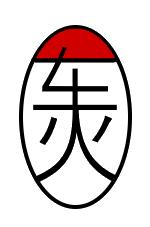

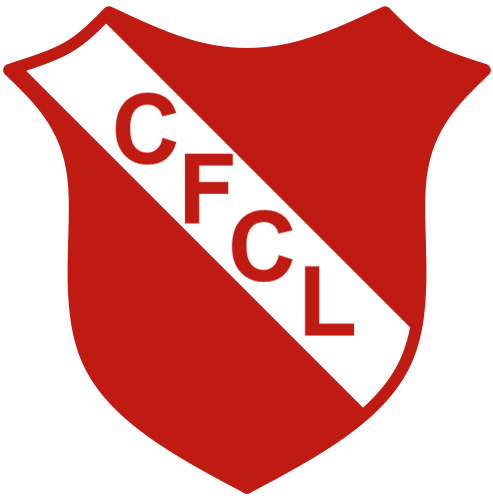
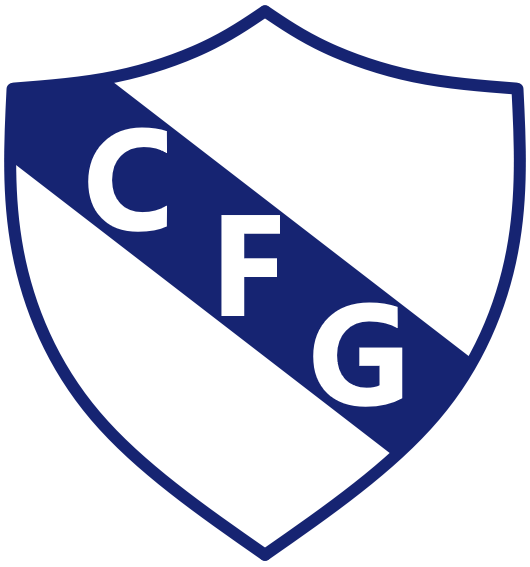


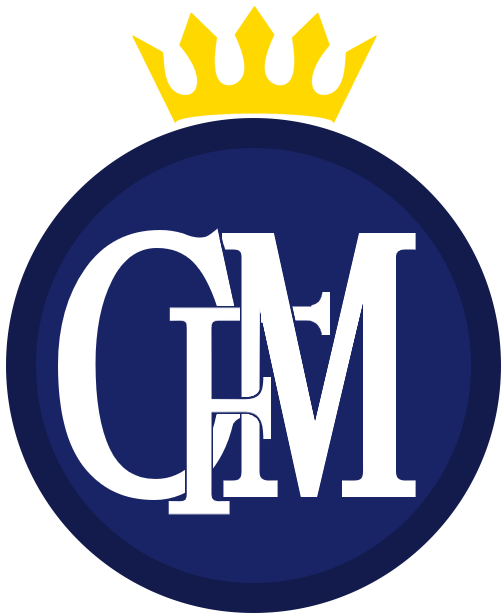


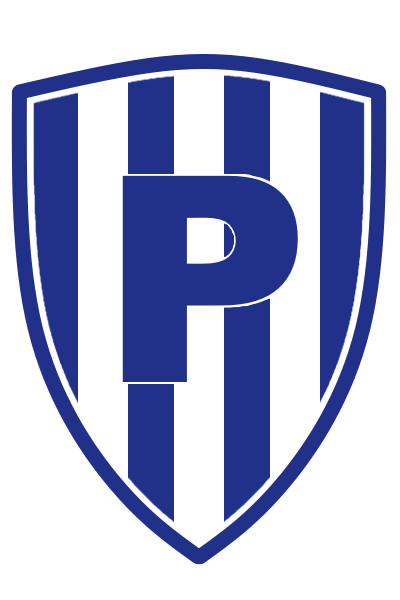

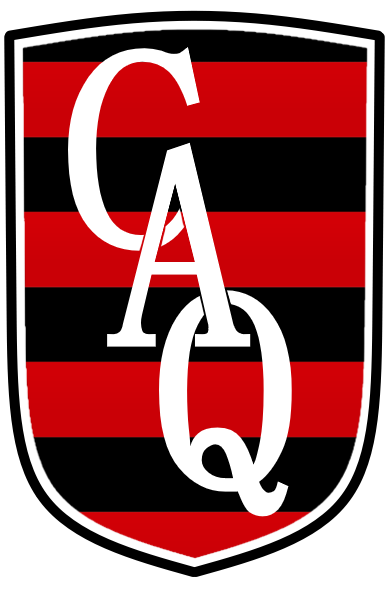



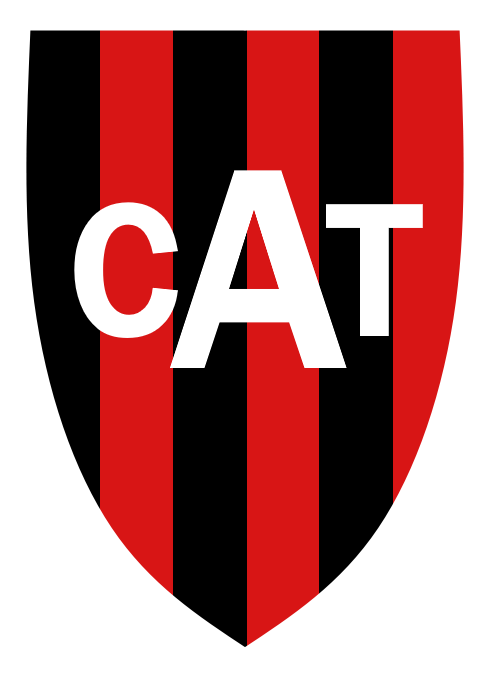

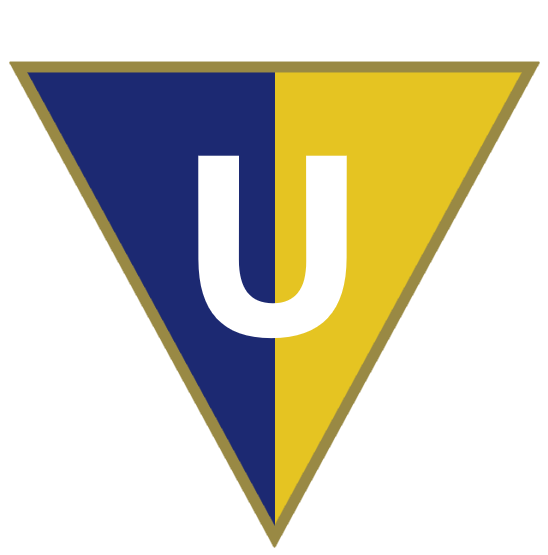
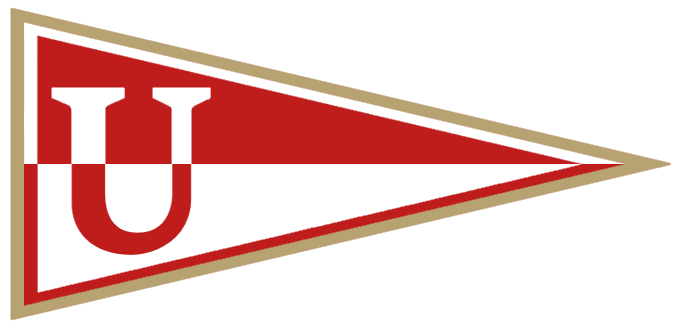
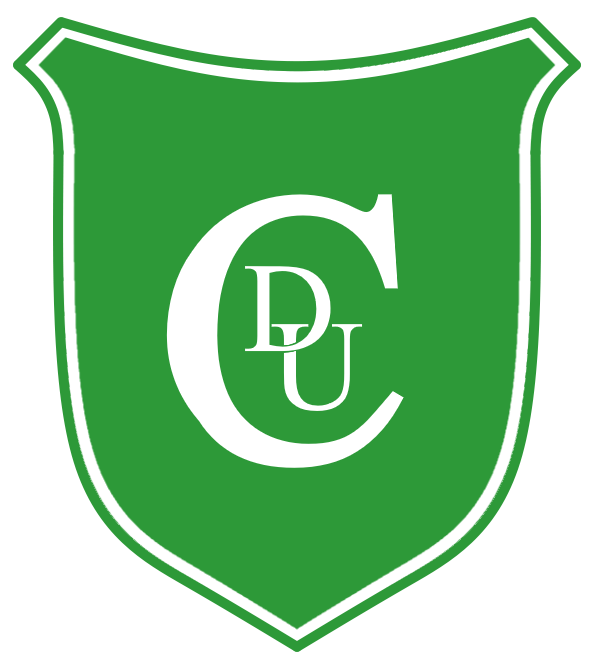
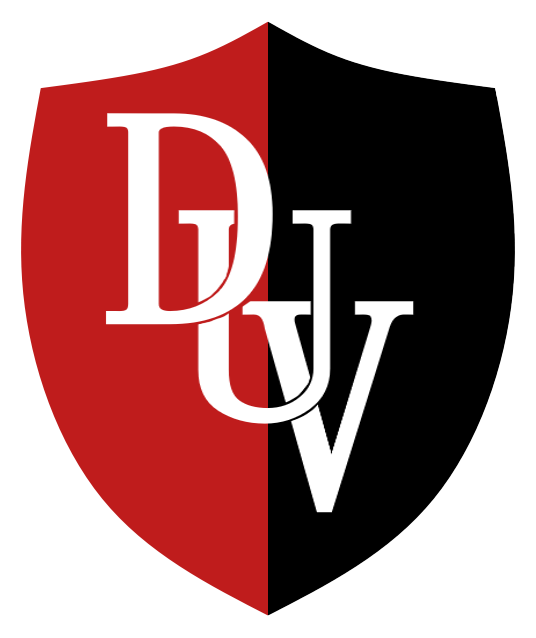
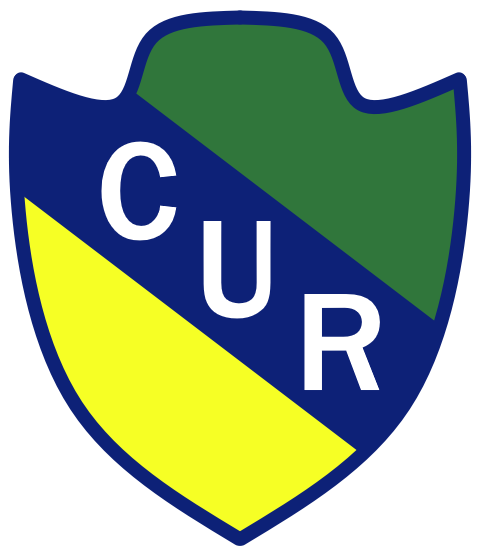


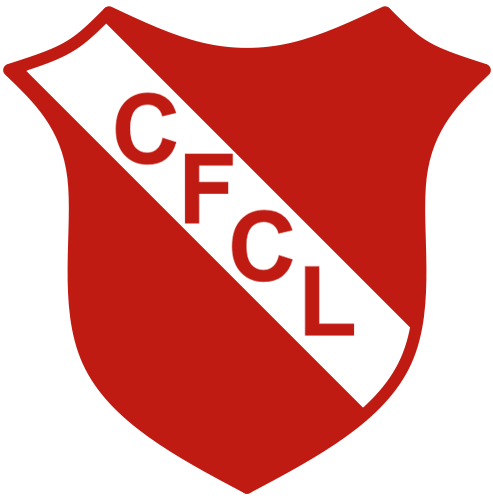
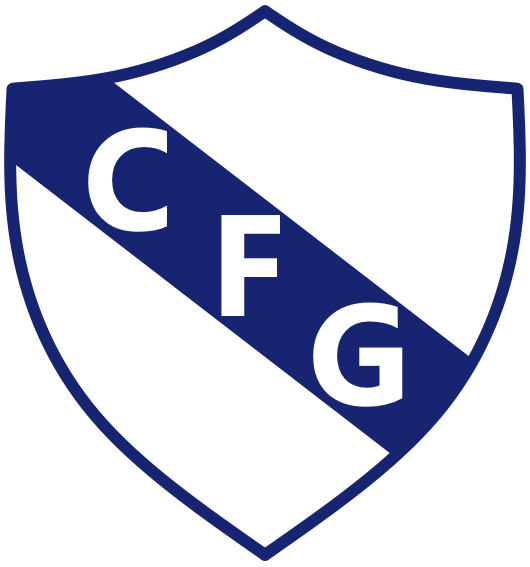


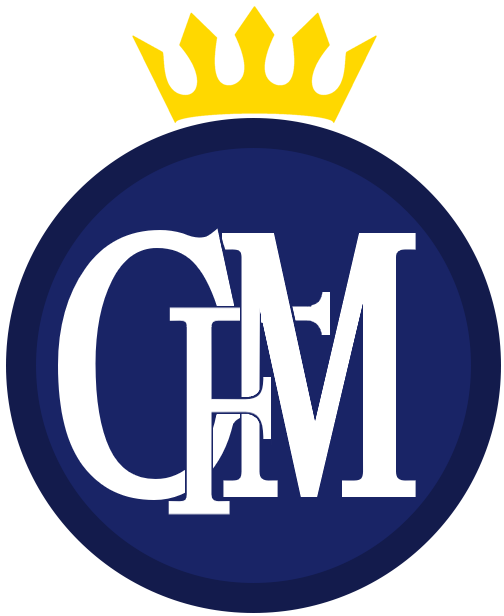


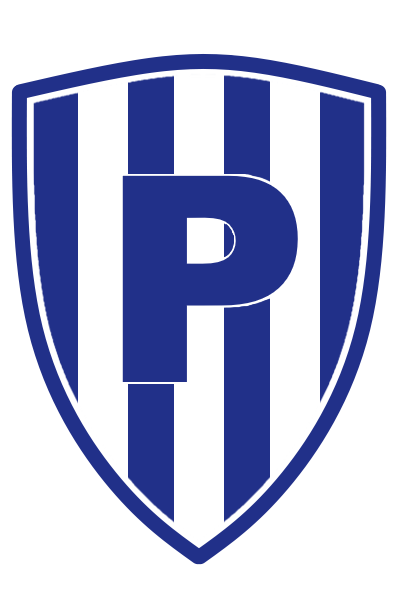

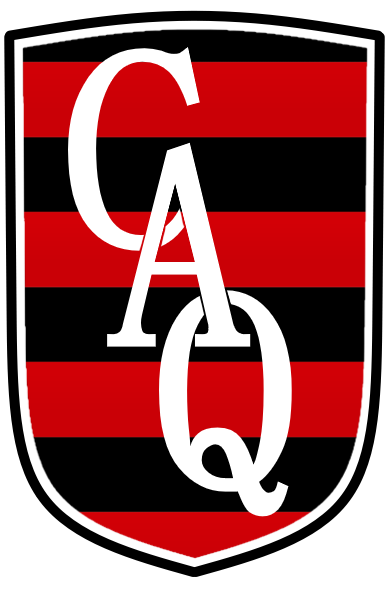



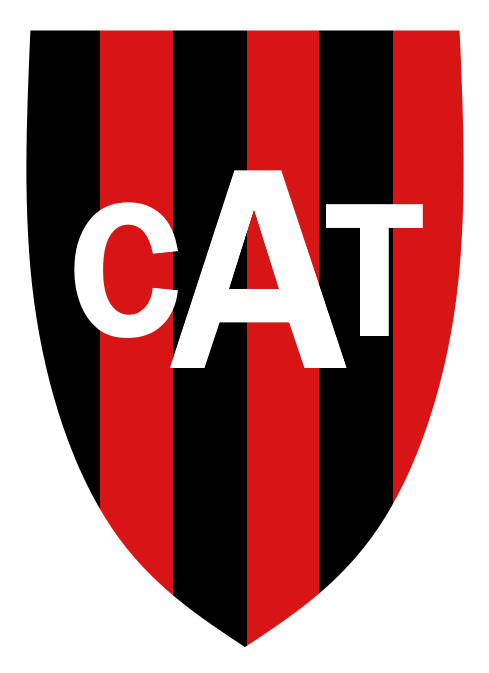

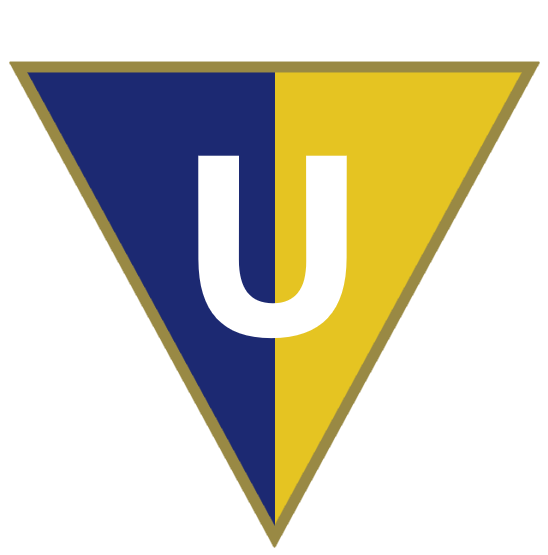
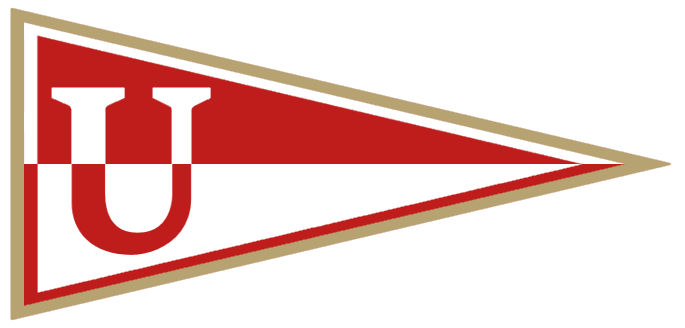
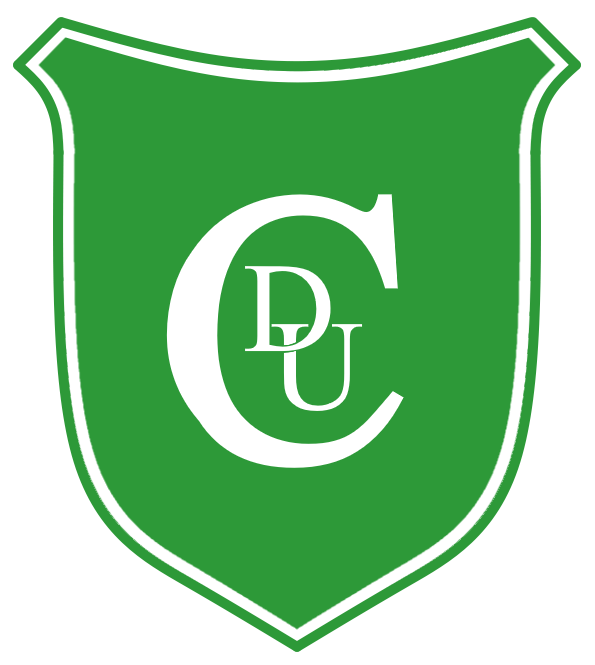
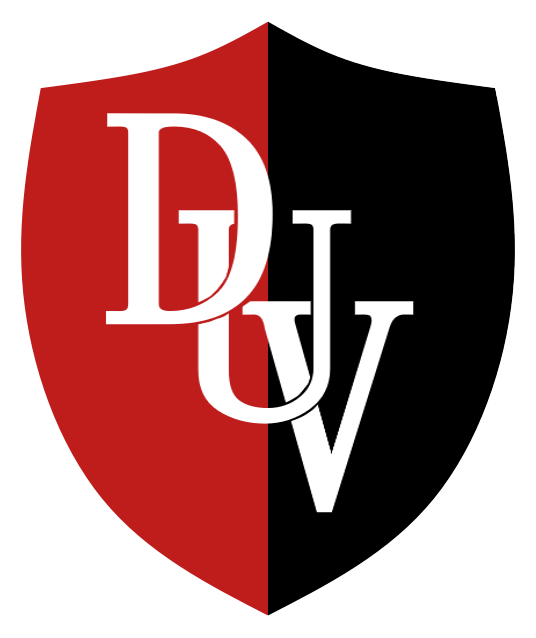
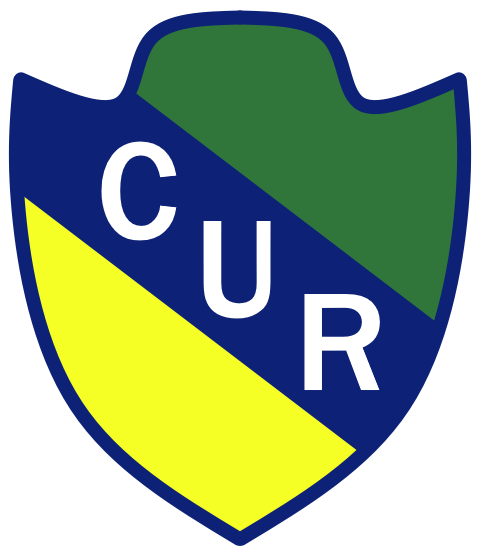
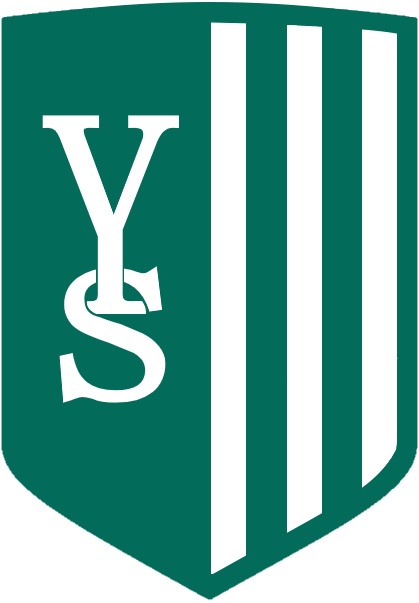


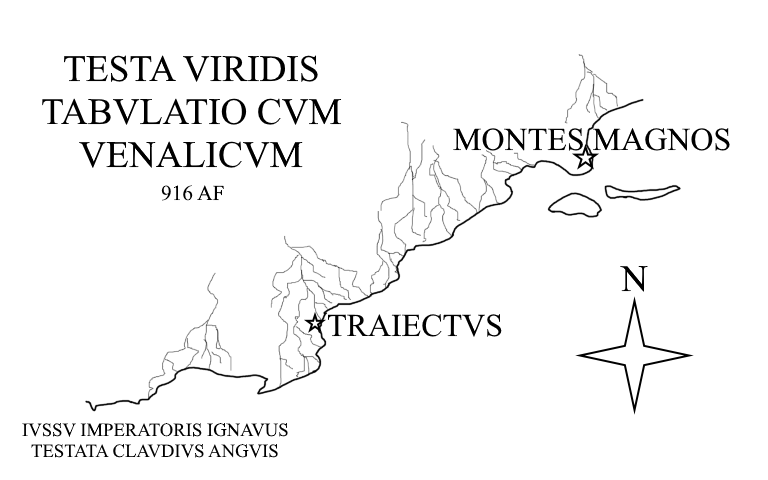

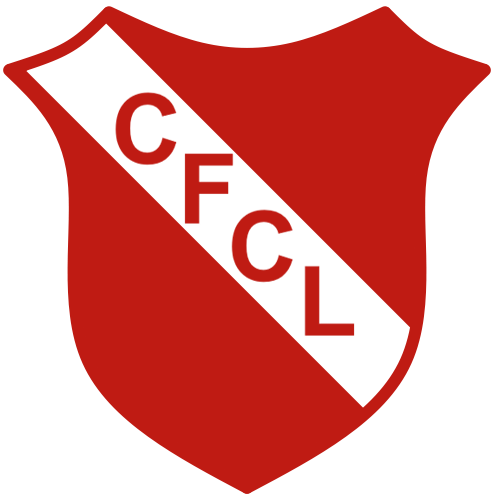
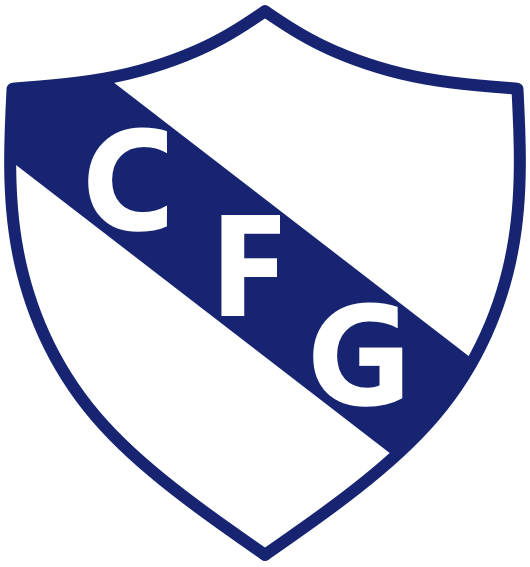


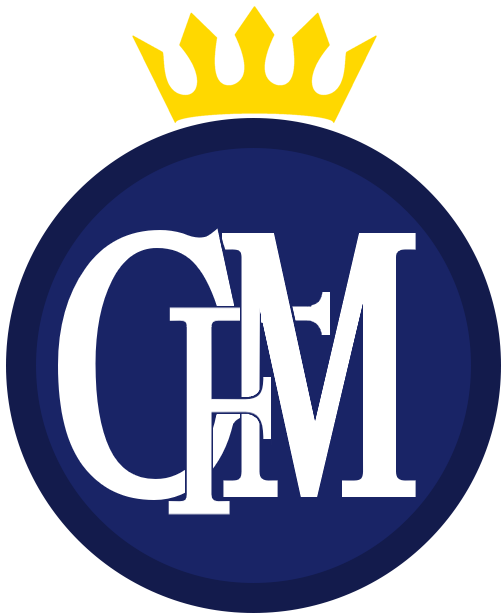


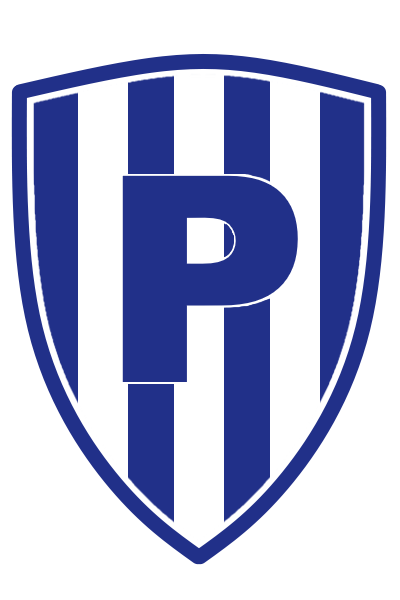

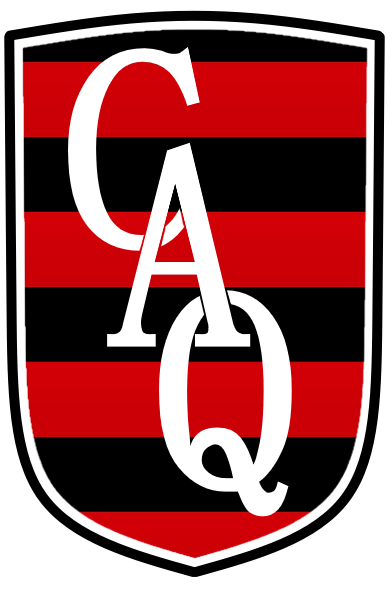



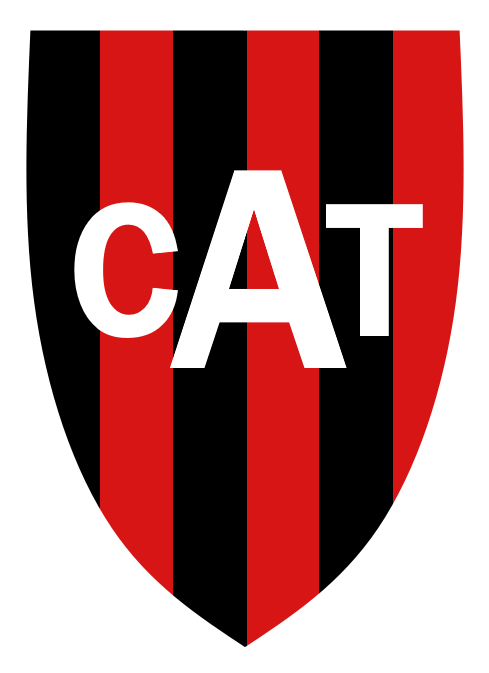

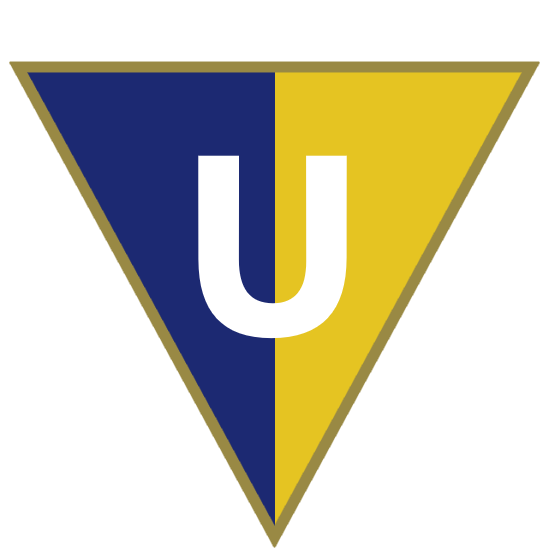
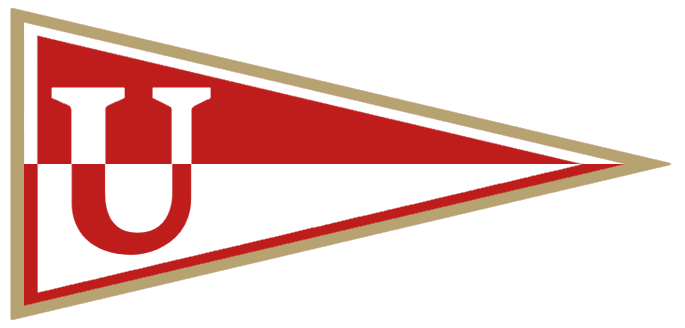
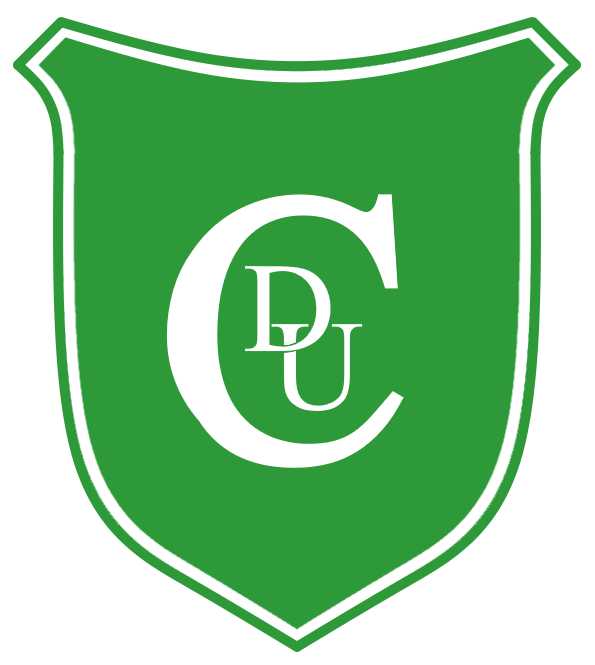
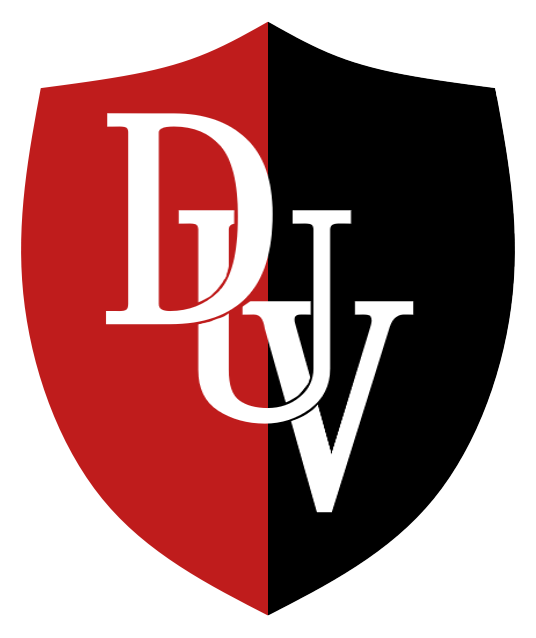
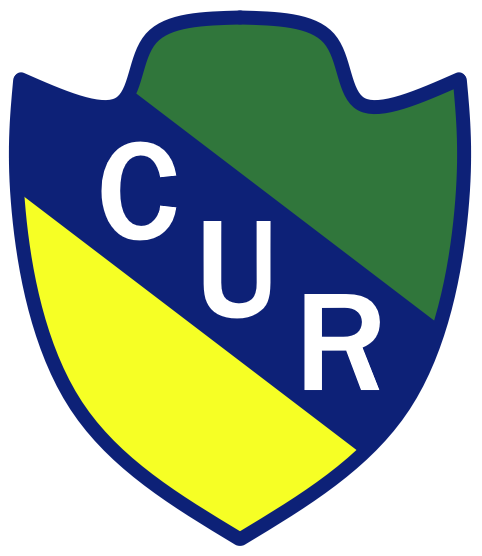
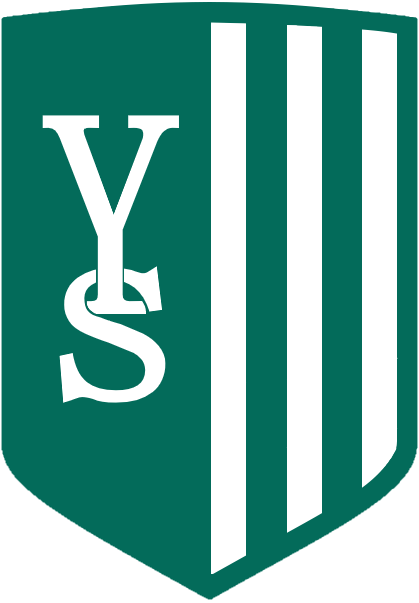


.png.acdde1f798dd493579d63048f2352914.png)



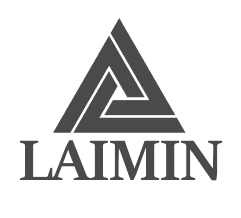




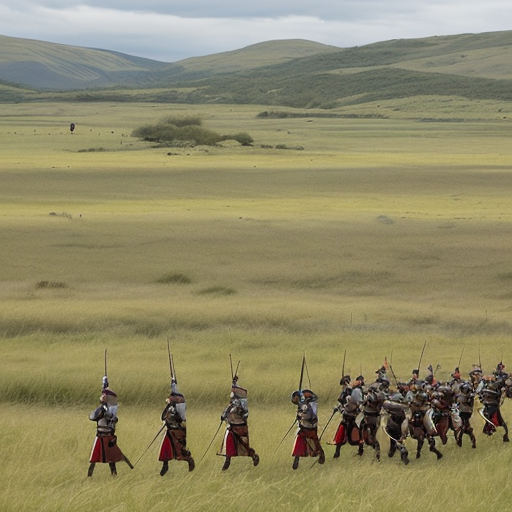





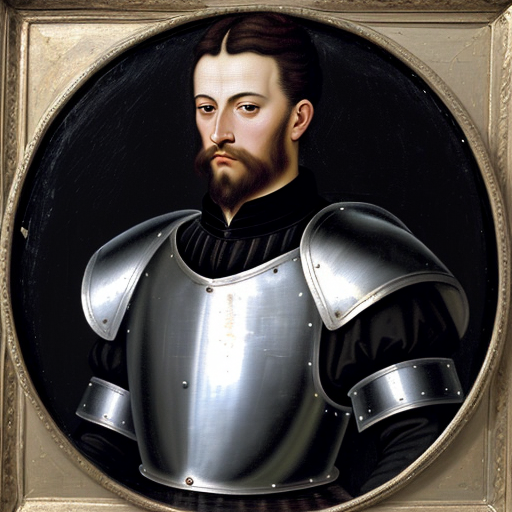




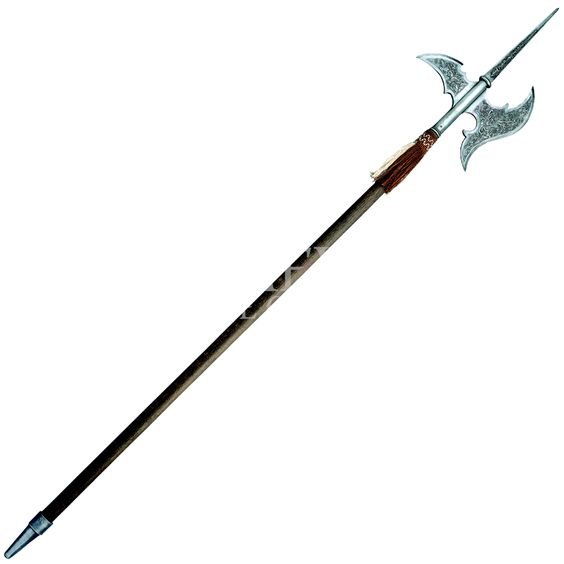

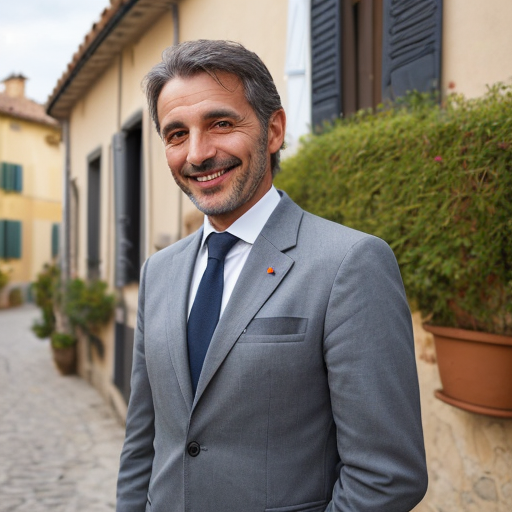

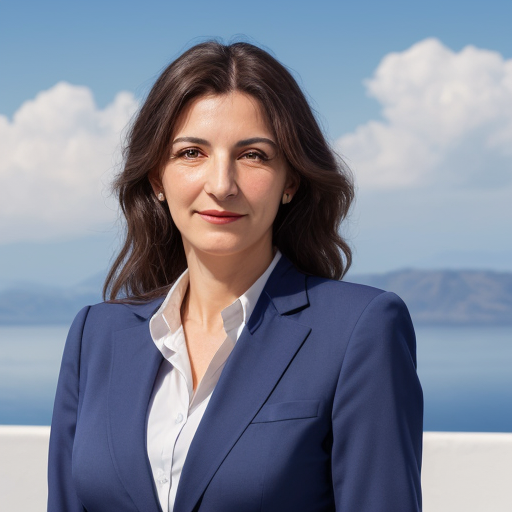
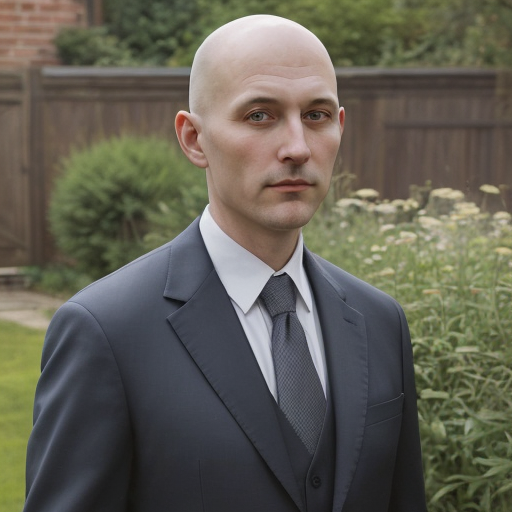


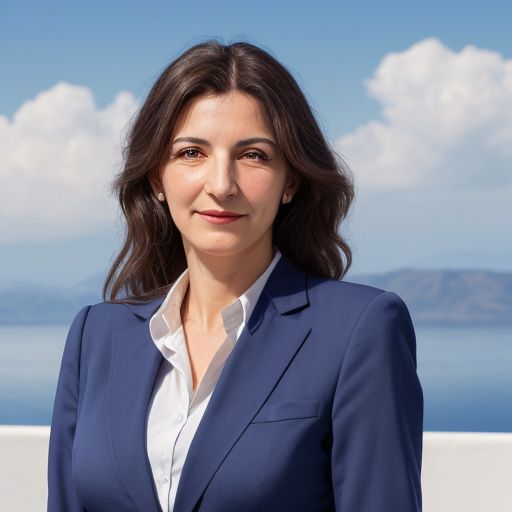








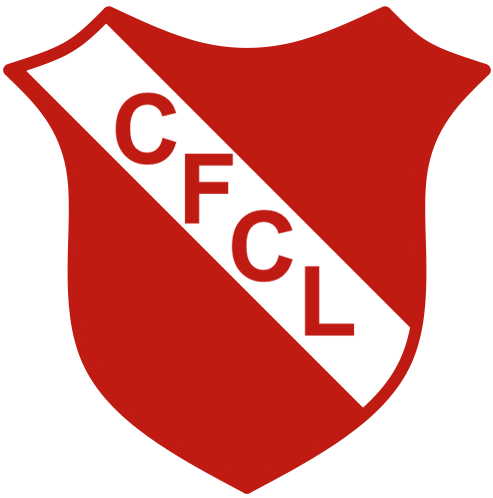
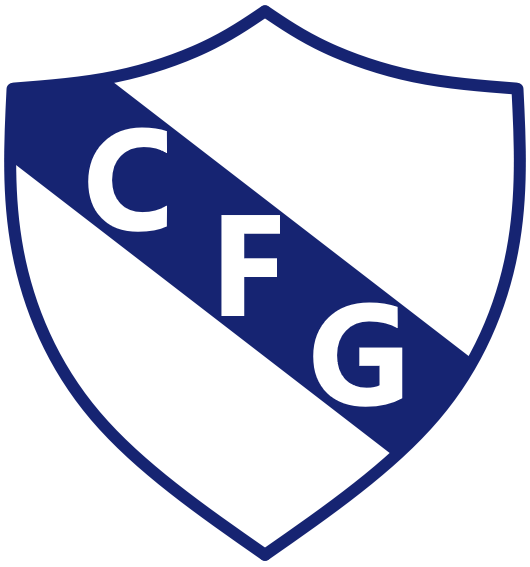


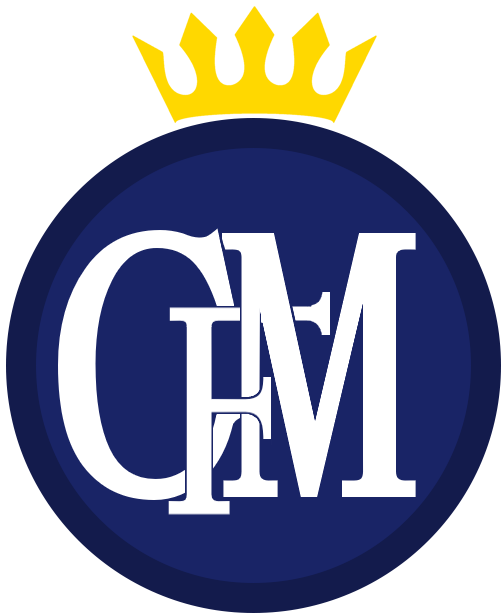


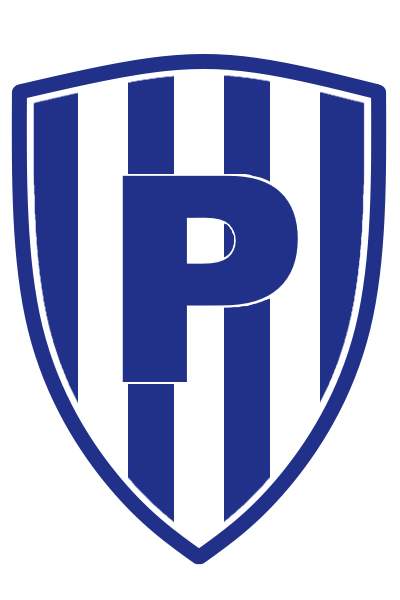

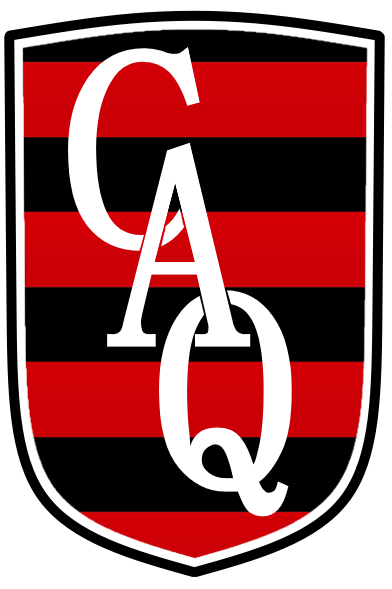



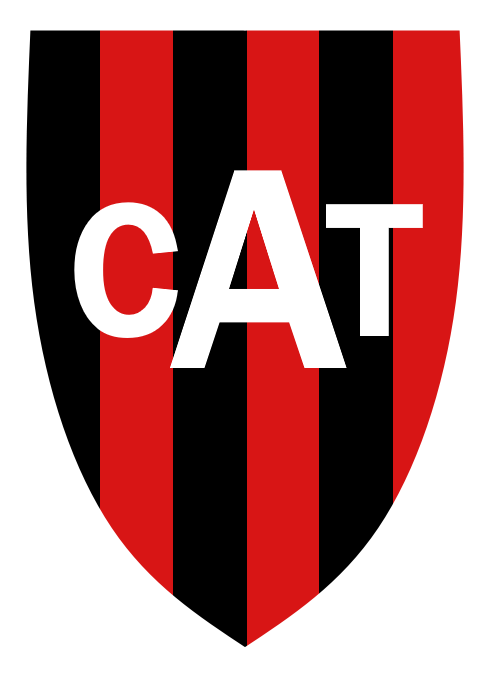

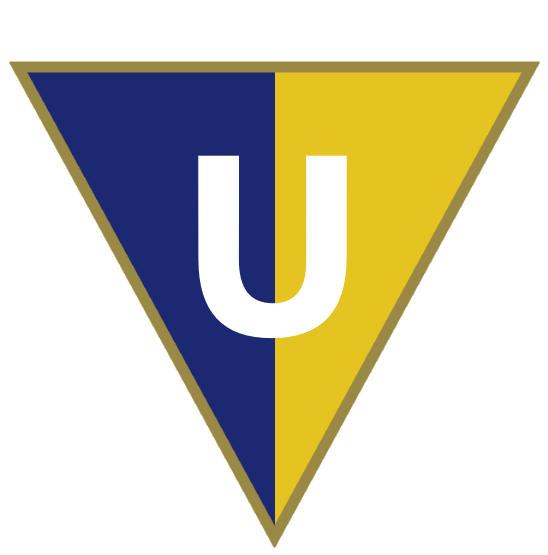
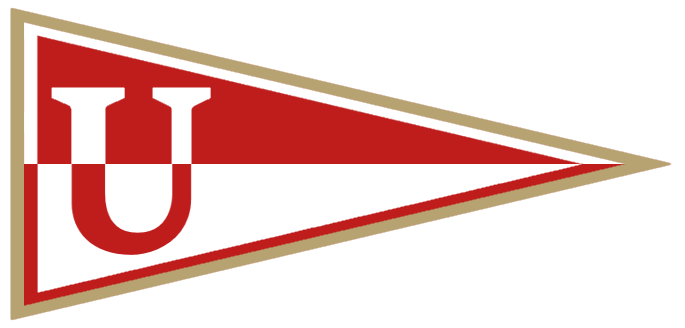
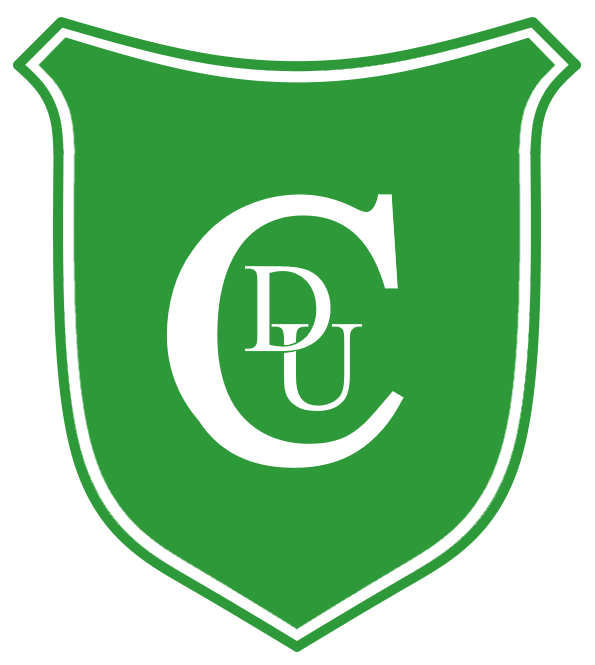

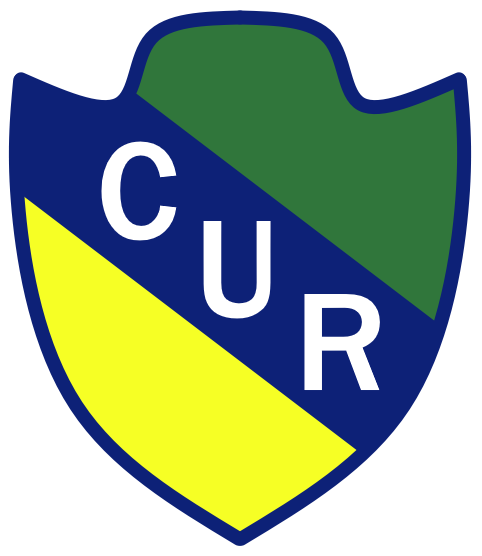
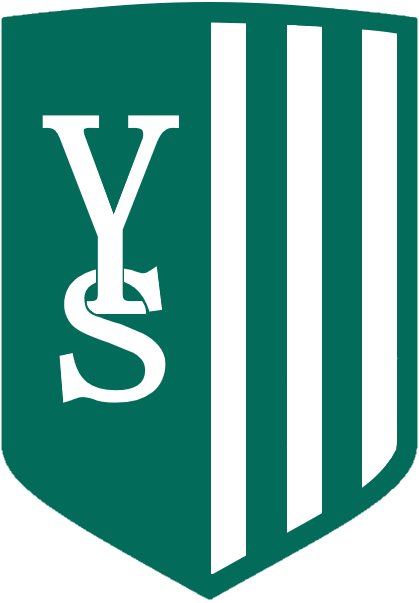




















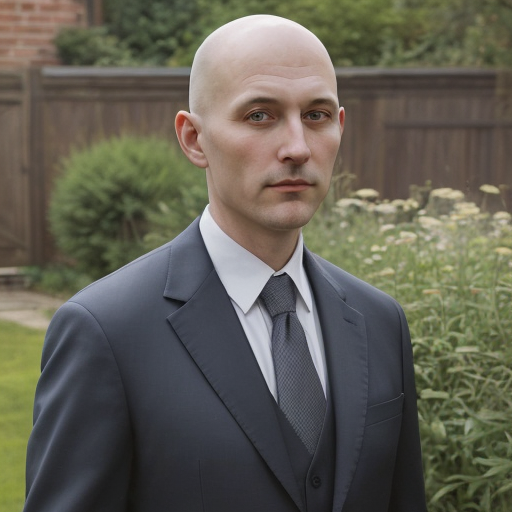

.png.791dd447a0b0ab9cdd6a3a71da679257.png)
